Lynn Ann Meisch ’68
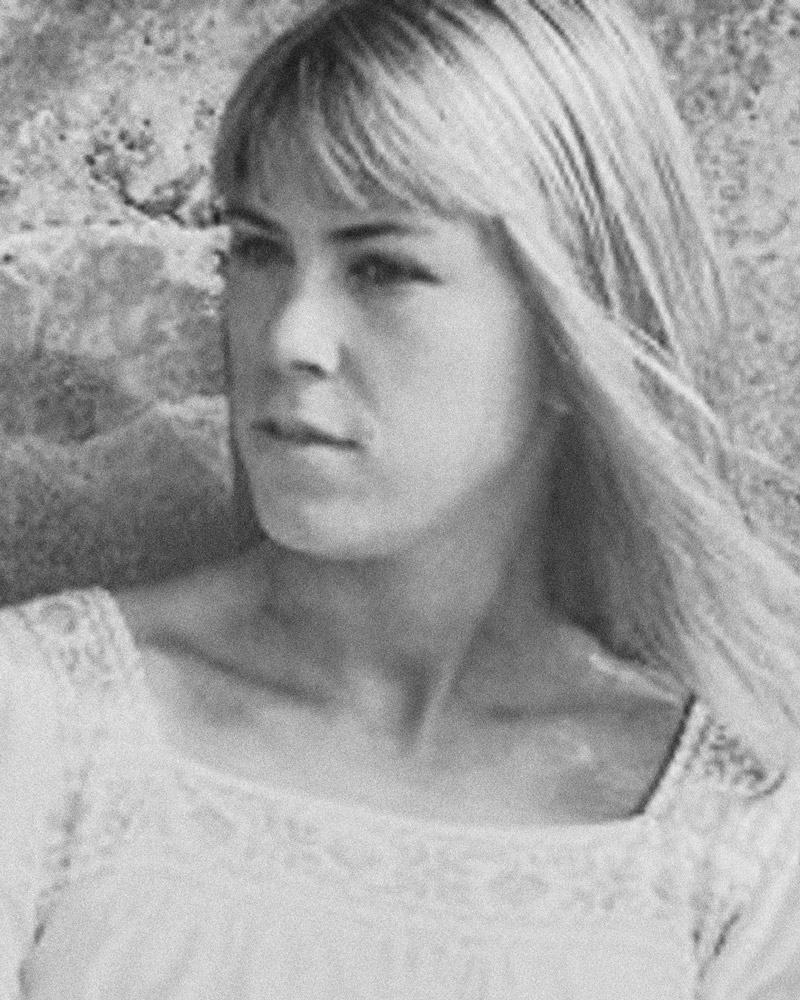
December 4, 2020, in Minneapolis, Minnesota.
A renowned cultural anthropologist, writer, weaver, and professor emerita of anthropology, Lynn was the second of four children born to architects Francis and Elaine Meisch. She attended Cooper Grade School and St. Albert the Great Catholic School in Minneapolis, Minnesota. During her childhood, she acquired a collection of international dolls from her aunt Jerry, who had served in the American Red Cross in Europe immediately following the Second World War. Dressed in their native costumes, the dolls ignited Lynn’s lifelong interest in costume, textiles, and cultural anthropology.
Blessed with a gift for languages, she studied Russian and Chinese in high school. Later, through her travels, she became fluent in Spanish and conversant in two indigenous languages in South America, Quechua and Aymara. She edited the school newspaper at University High School, located on the University of Minnesota’s Twin Cities campus.
At Reed, Lynn was active in the civil rights movement, working with the Student Nonviolent Coordinating Committee and demonstrating against the Vietnam War at the Portland Army Recruiting Center. She graduated from Reed with a degree in history, writing her thesis, “Two Utopian Reactions to Technological Society,” with Prof. Owen Ulph [history 1944–79] advising.
After graduation, she headed to San Francisco to absorb the counterculture in the Haight during its flower-child days and lived on houseboats in Sausalito. But she had too much energy to just sit around; she wanted to do something. She became interested in pre-Columbian culture during camping trips to Mexico and Guatemala and began traveling extensively in South America. Lynn completed a master’s degree in humanities and social sciences with an emphasis on Latin America at San Francisco State University.
Lynn started a textiles import business with a friend in San Francisco. Her partner was encountering delays and complications in the Bay Area while Lynn was living in Cochabamba, Bolivia, and her money was running out. As she whiled away the hours in local cafes, she became aware of an inner voice crying out, “Help. Somebody save me.” Soon after, she happened upon a months-old copy of Harper’s Magazine and learned that Stewart Brand was resuming publication of the Whole Earth Catalog. Acting on an impulse, she called upon the calligraphy skills she had learned at Reed from Prof. Lloyd Reynolds [art and English 1929–69] and proceeded to handprint a 16-page article on travel in South America. In a paragraph on what to take, she wrote: “The bare necessities for my next trip include my water colors, violin, spindle, basketry supplies, Versatex textile paints, air brush, backstrap loom, and about 20 pounds of books, along with a wheelbarrow to haul it all around. No one ever agrees on the bare necessities and one person’s must is another’s toss-out. So, let’s forget the bare necessities until we’ve covered the basics and then see what room there is left.”
The day after she mailed off the 16 pages, her friend arrived with money and Lynn forgot all about her pitch to Brand. Six months later, she received word that he had accepted her travel story. Not only that, Andrew Fluegelman, partner in a new San Francisco small publishing firm called Headlands Press, wanted her to do a book. Lynn thought she could knock it out in six months, but it took two and a half years.
Illustrated with Lynn’s pen and ink sketches, A Traveler’s Guide to El Dorado and the Inca Empire was published in 1977. The New York Times deemed it “a superbly practical guide . . . a stupendously detailed, culturally informed book on how to get around and what to look for in an extremely confusing part of the world.”
Giving interviews to publicize the book, Lynn said, “I am happy to share the information I gathered to help people realize experiences like this are available, but I don’t want to urge people to buy the book. I’ve been back in the States for a month and the consumerism of this country still slays me. I certainly don’t want to go around telling people to buy things.”
Following the completion of her book, Lynn won a Fulbright fellowship to collect and photograph Ecuadorian Indian costumes and textiles. She spent a year living among the descendants of the Incas, dancing with them in their fiestas, sharing their food and their friendship, and learning their spinning and weaving techniques.
Lynn was creative in finding financial support for her fieldwork, and in addition to the Fulbright, received grants from the National Science Foundation, the Andrew W. Mellon Foundation, USAID, Earthwatch Institute, the Bead Society of Los Angeles, and the Wenner-Gren Foundation.
She began publishing articles on textiles in the ’80s, and her book Otavalo: Weaving, Costume and the Market, for which she also did the illustrations and photos, was published in 1987. She received her master’s in anthropology from Stanford University in 1990. Lynn consulted for an exhibition of Andean textiles at the de Young Museum in San Francisco and gave docent training on pre-Columbian art and Andean textiles. After her third book, Traditional Textiles of the Andes: Life and Cloth in the Highlands, was published, she received her PhD in anthropology from Stanford University. Her book Andean Entrepreneurs: Otavalo Merchants and Musicians in the Global Arena was derived from her dissertation and published in 2002.
Lynn began teaching as an assistant professor in anthropology at St. Mary’s College in Moraga, California, in 1997. She led 15 students on a month-long cultural and natural history study trip to Ecuador, including the Amazon rainforest and the Galapagos Islands. The Neighborhoods of San Francisco was a popular class she designed, and she taught a class on museum studies that culminated with her students curating an exhibition and catalogue, Gift of the Gods: Exploring Maize, Culture and Indigenous Art in the Americas, at the Hearst Art Gallery and Museum at St. Mary’s College.
She retired from teaching as professor emerita in the spring of 2015. In addition to all her teaching, writing, museum work, travel, and research, Lynn was ethical in her dealings with the indigenous people she researched, becoming godmother to 27 children in Ecuador and Peru. She helped to clothe, feed, and educate them. She took this honor very seriously and founded Fundación Jatari, a small nonprofit that provided scholarships to indigenous students in Andean countries. It was also a sponsor of Friends of Machu Picchu, an international conservation effort to preserve the site.
She is survived by her brother, Richard Meisch; her sister, Lois Meisch; and longtime friend and colleague Bob Gardner. Lynn’s South American textile collection, photographs, and field notes were donated to the Field Museum of Natural History in Chicago.
Appeared in Reed magazine: September 2021
comments powered by DisqusFrom the Archives: The Lives they Led
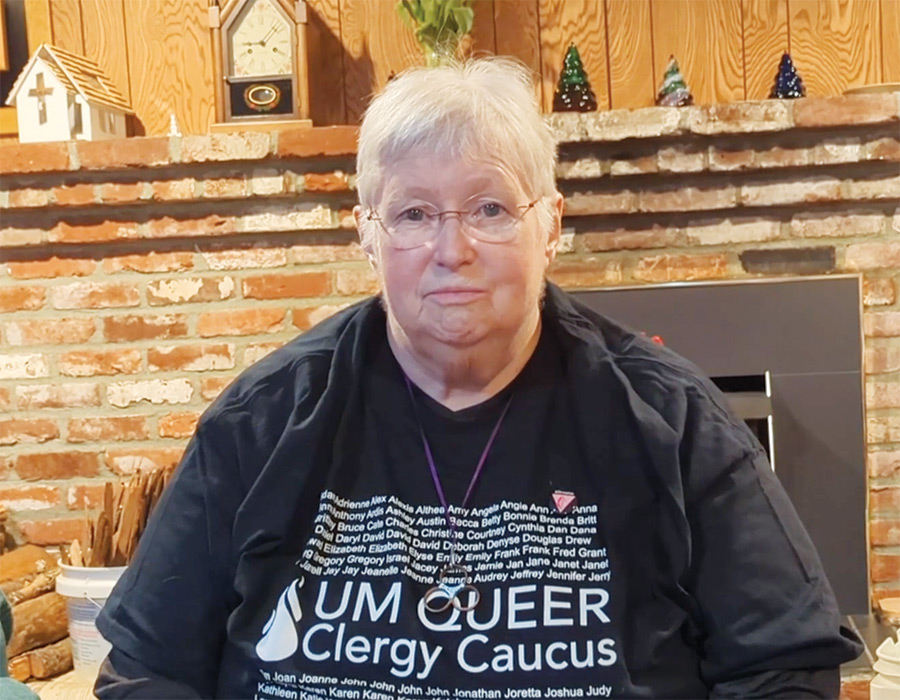
Jeanne Knepper ’69
The First Openly Gay Woman to Be Ordained and Appointed Within the Oregon-Idaho Conference of the United Methodist Church
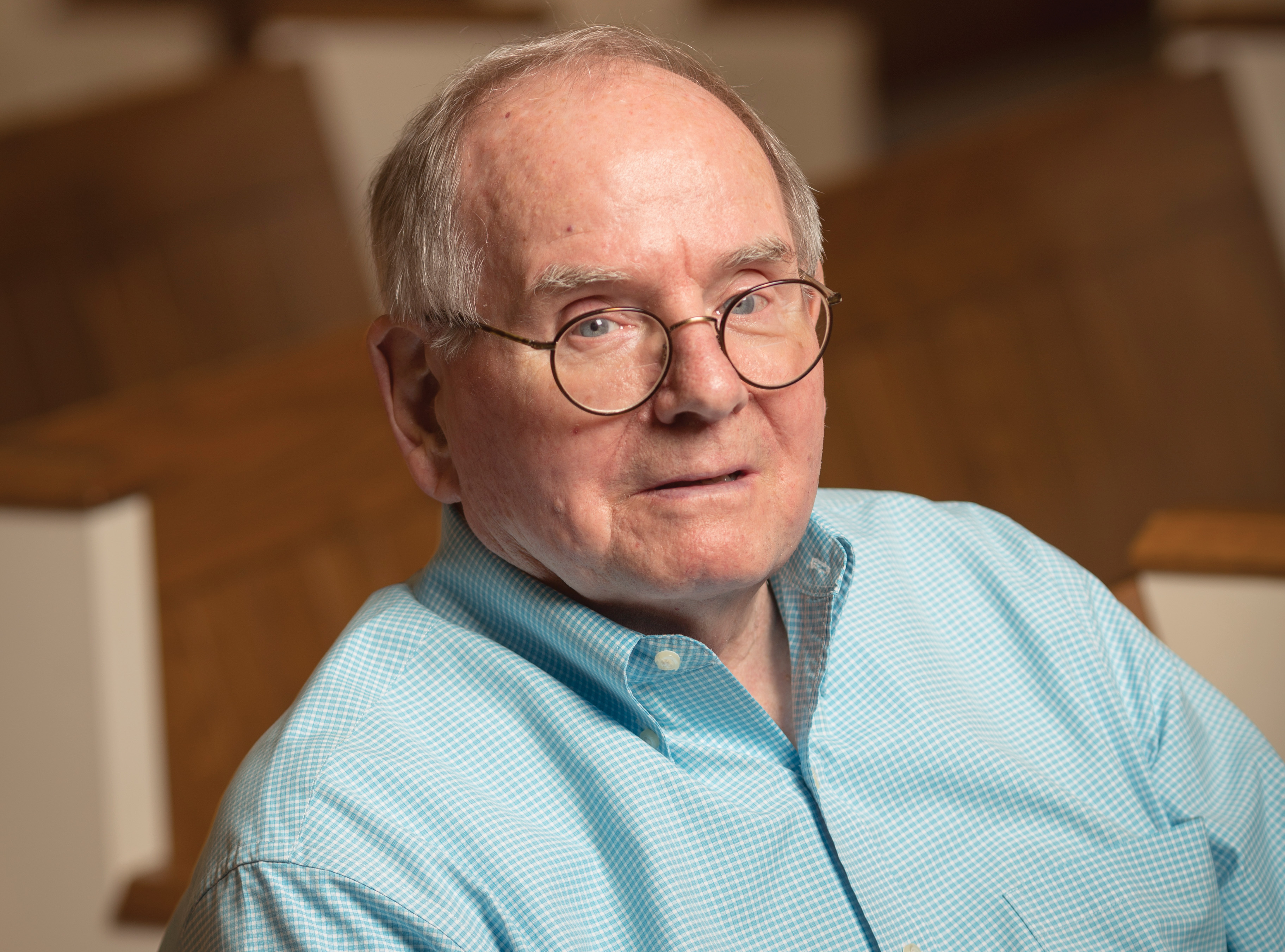
William Haden
As Acting President of Reed, He Strengthened the College's Finances and Alumni Relations
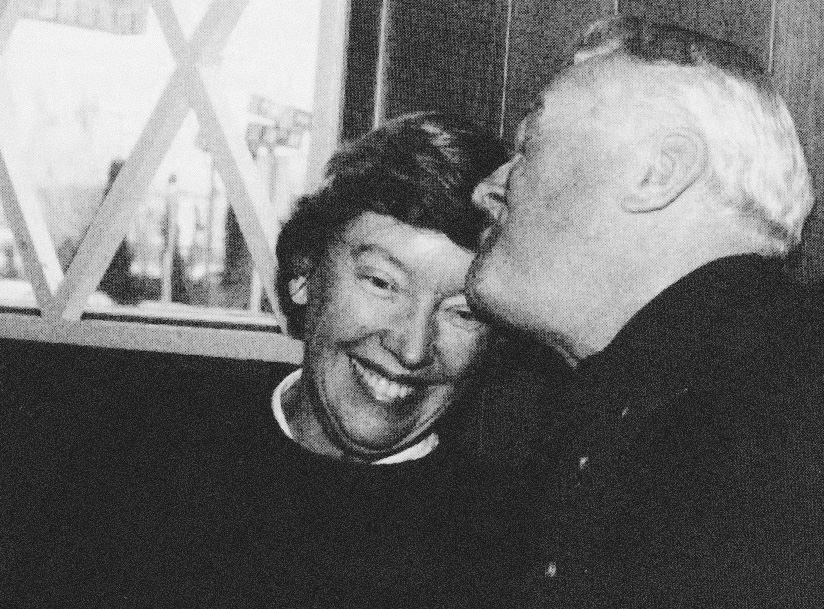
Nancy Horton Bragdon
Reed’s First Lady Whose Warmth and Leadership Were Invaluable During a Turbulent Time

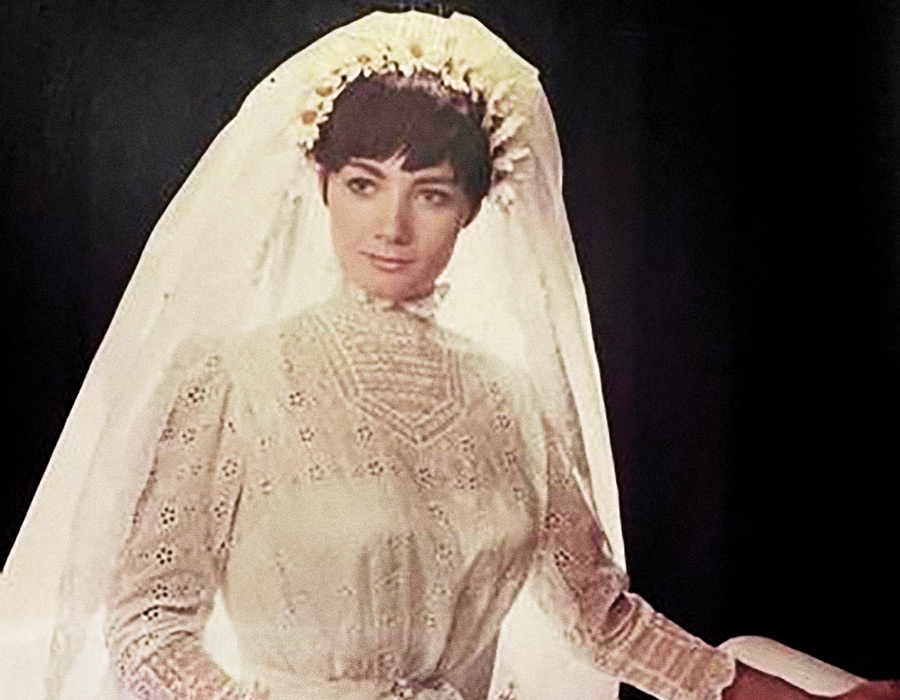
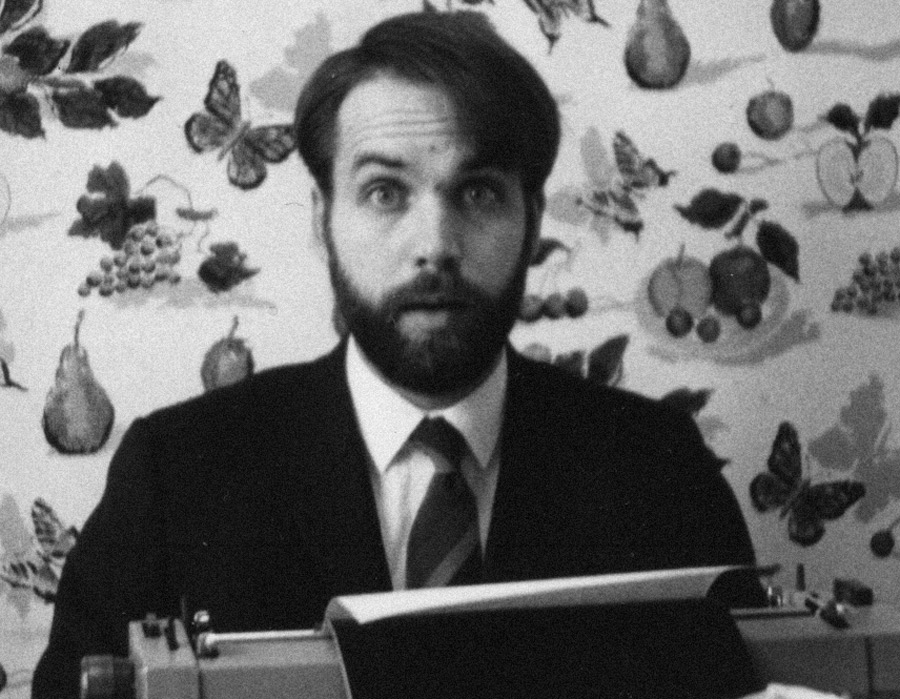
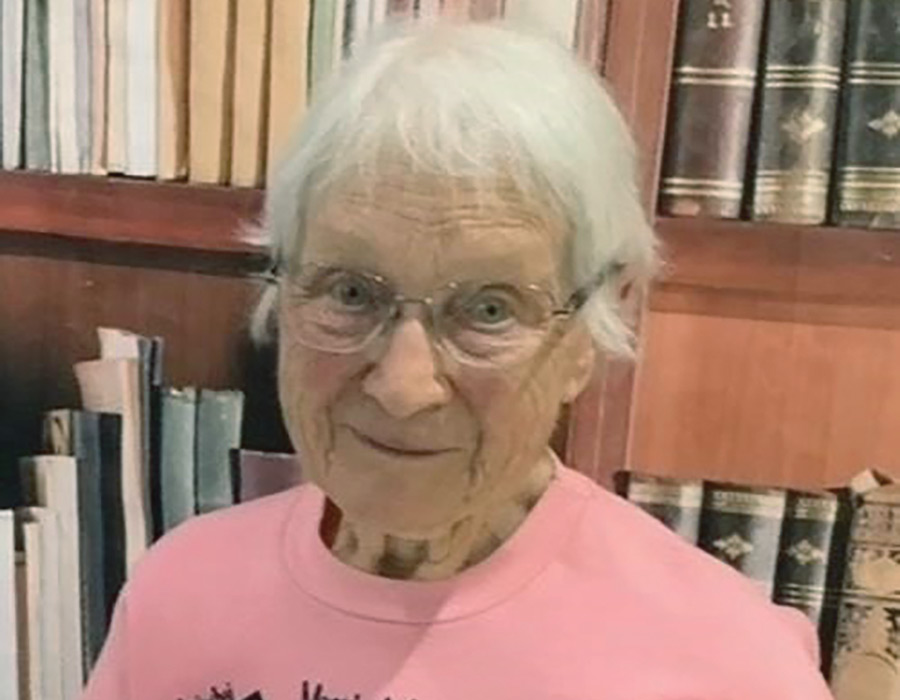
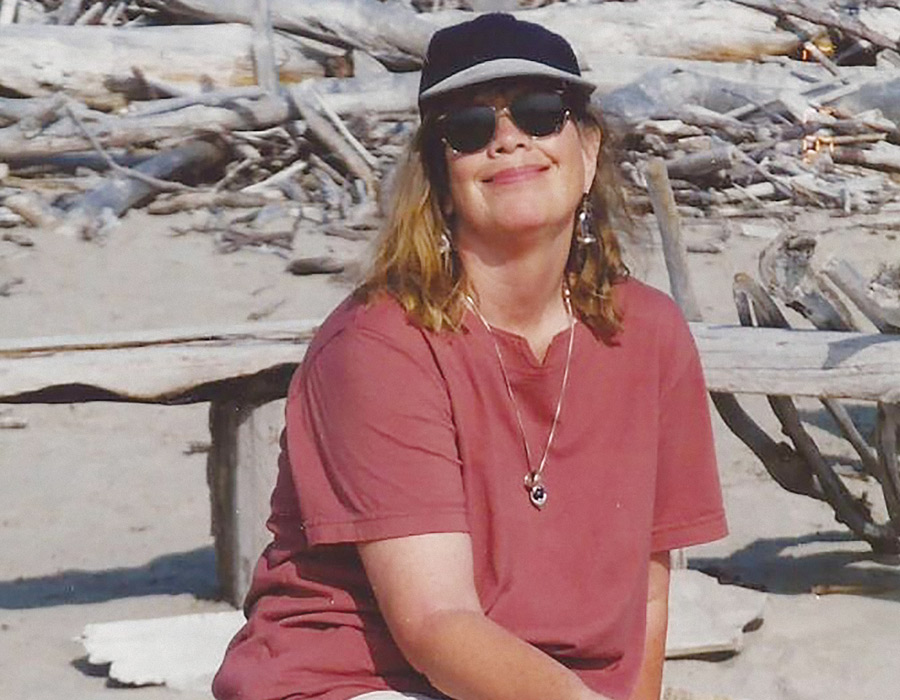
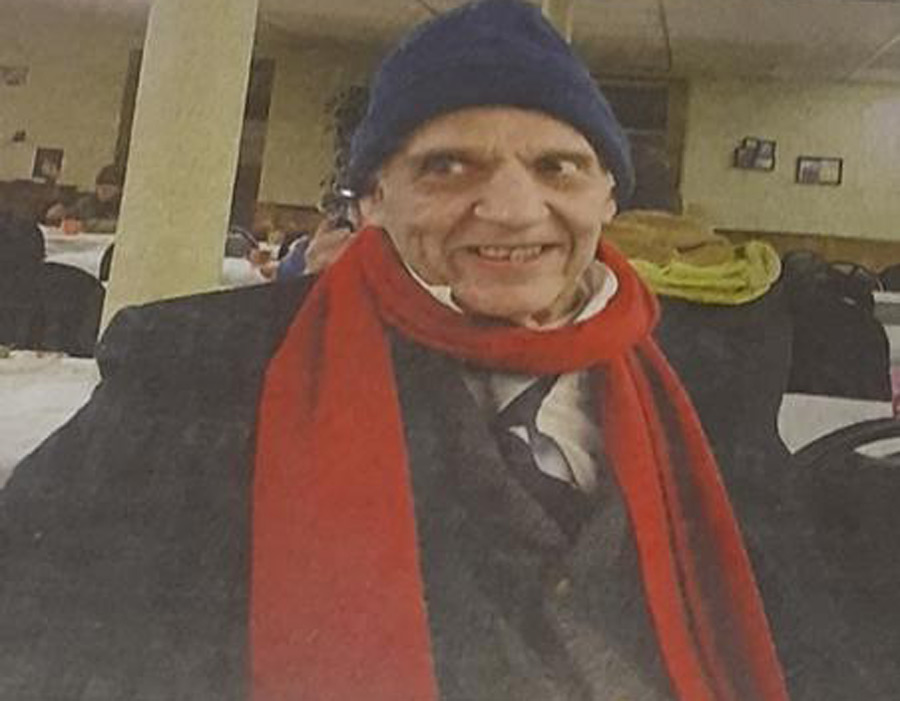
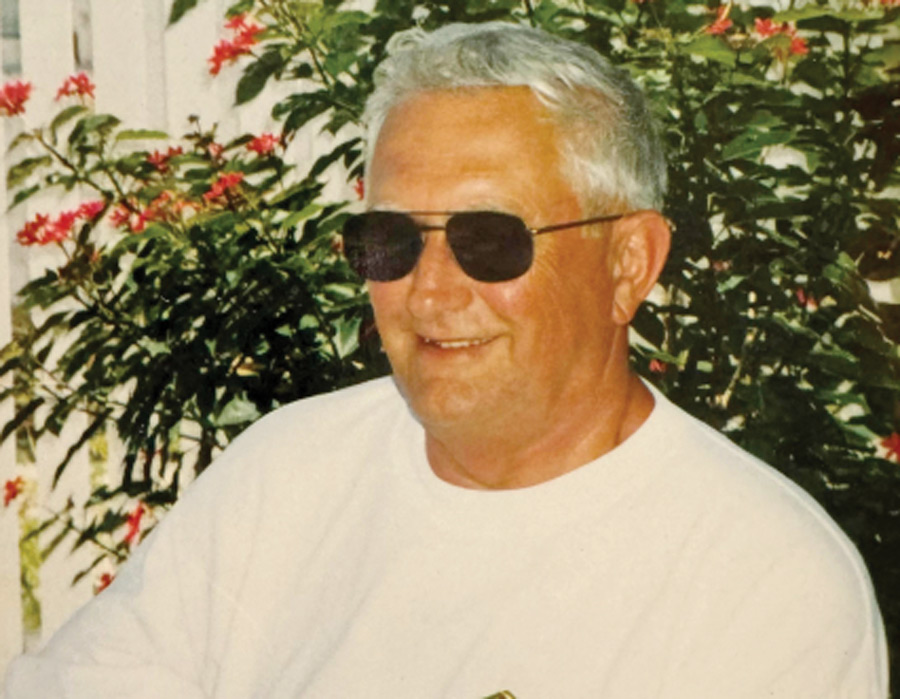
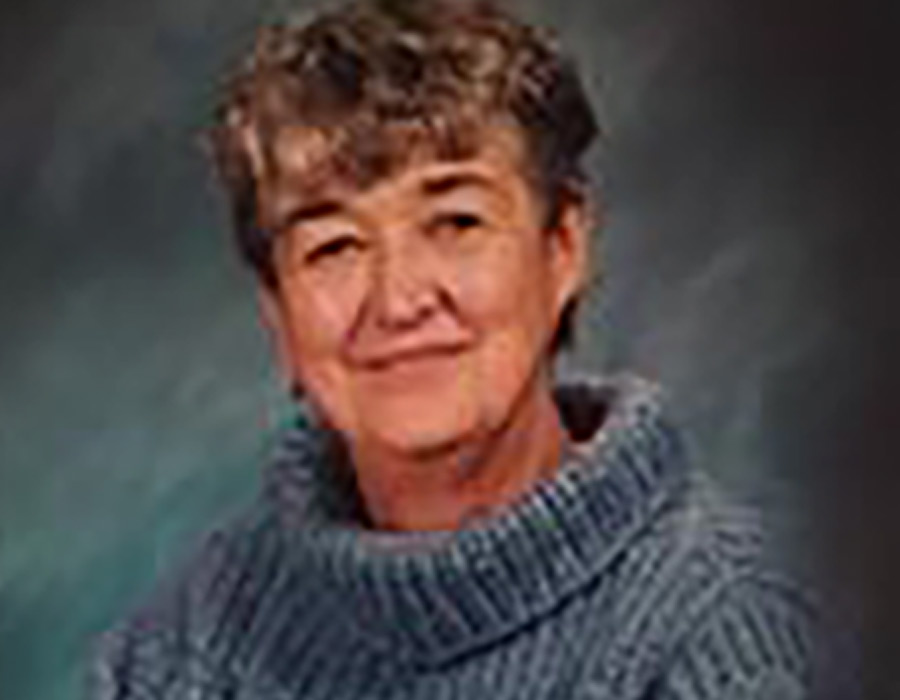
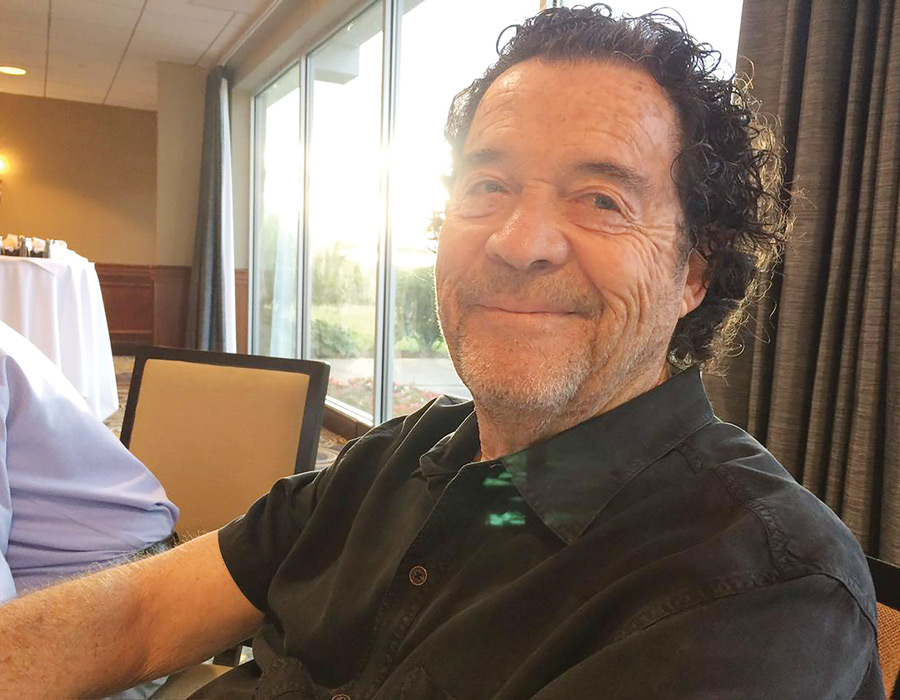
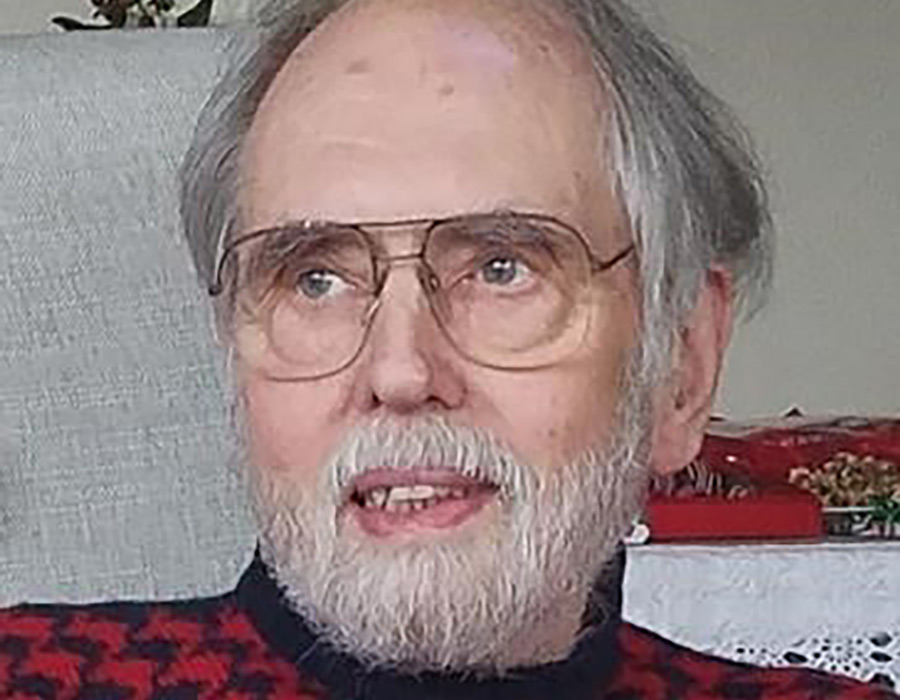
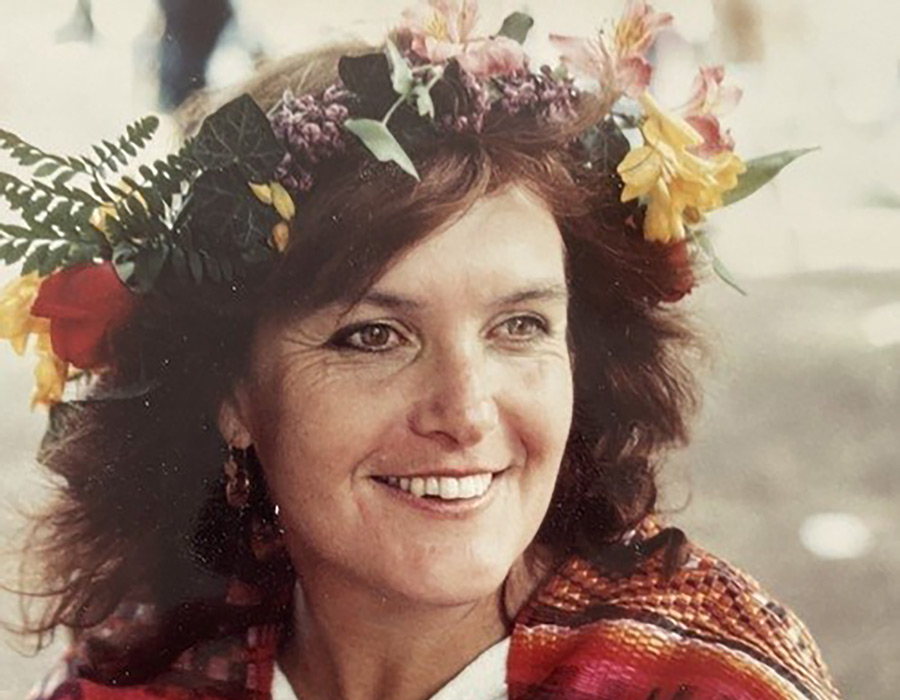
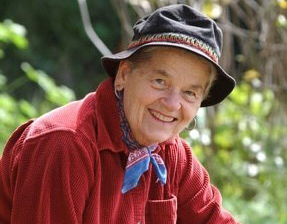
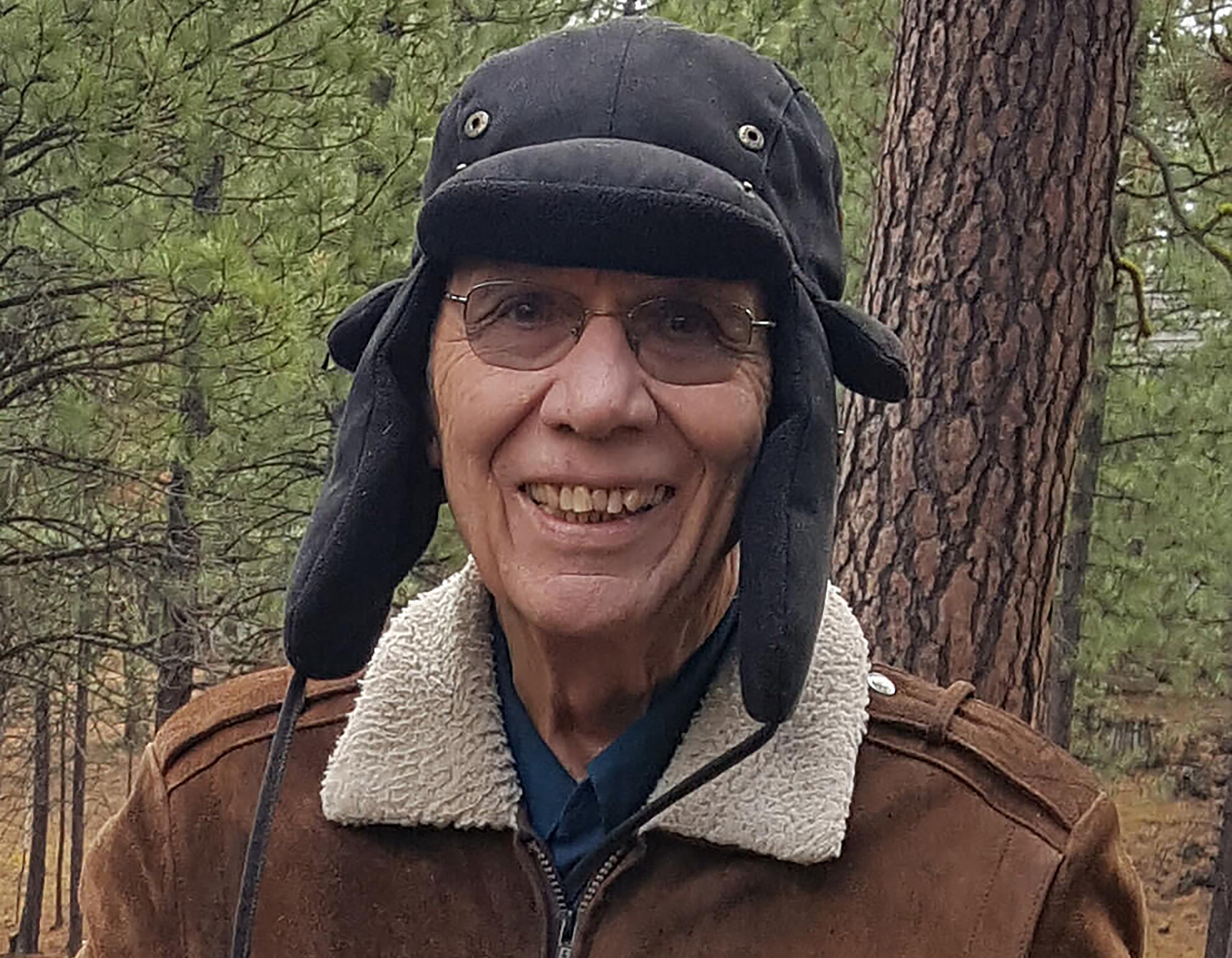
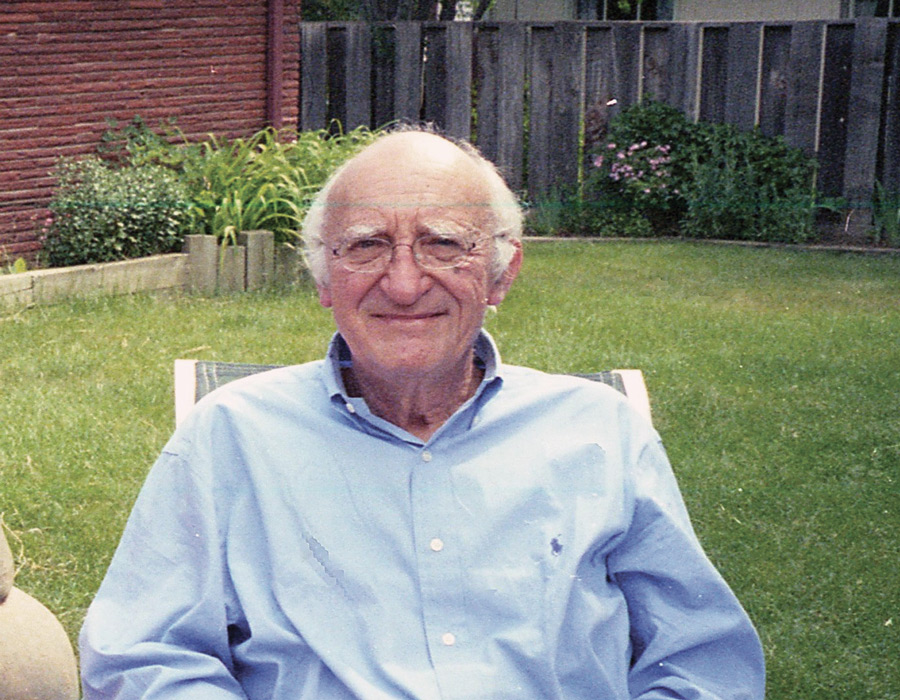
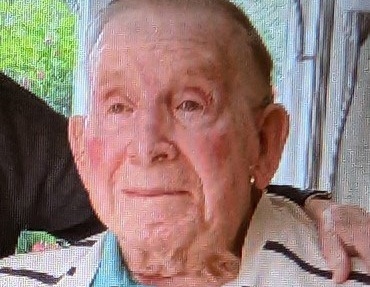
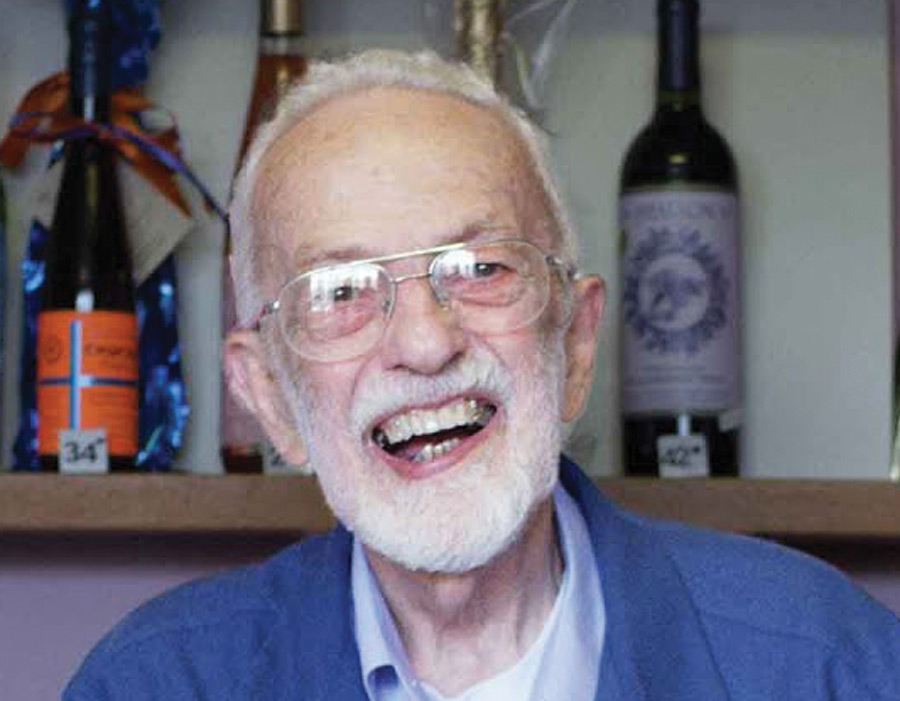
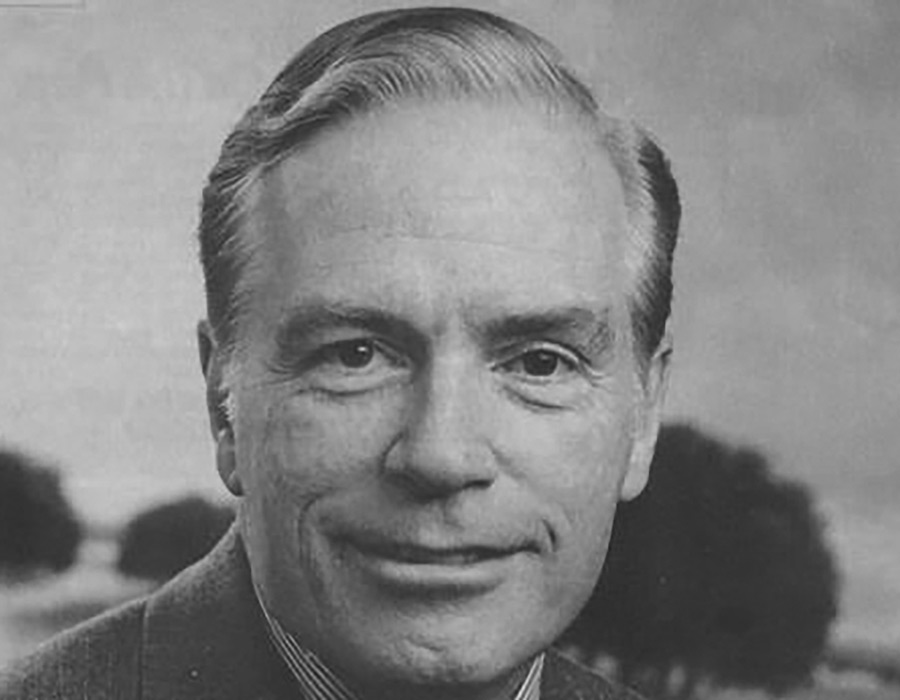
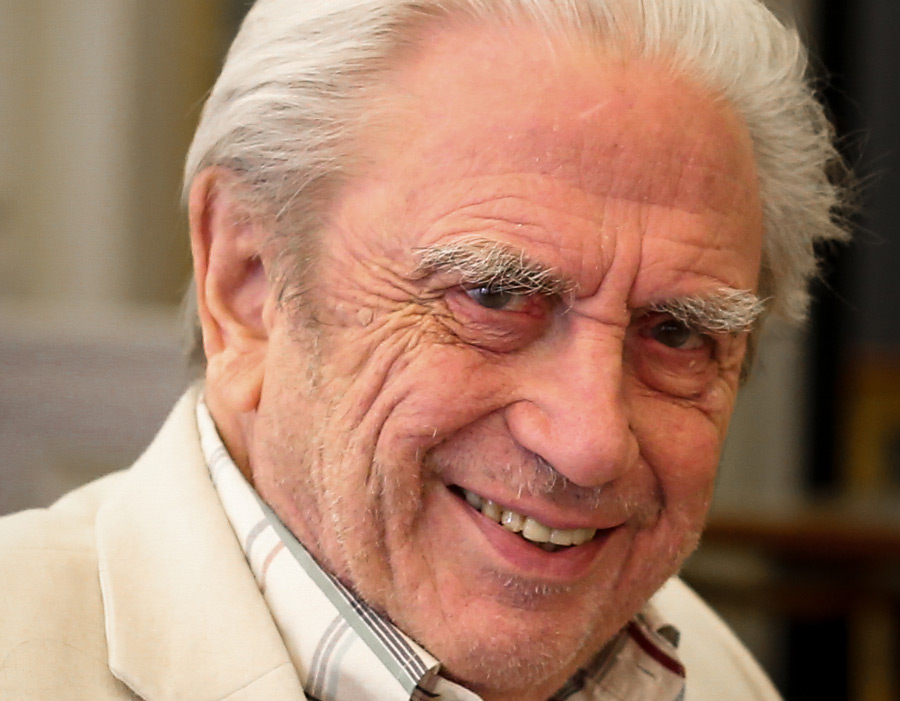
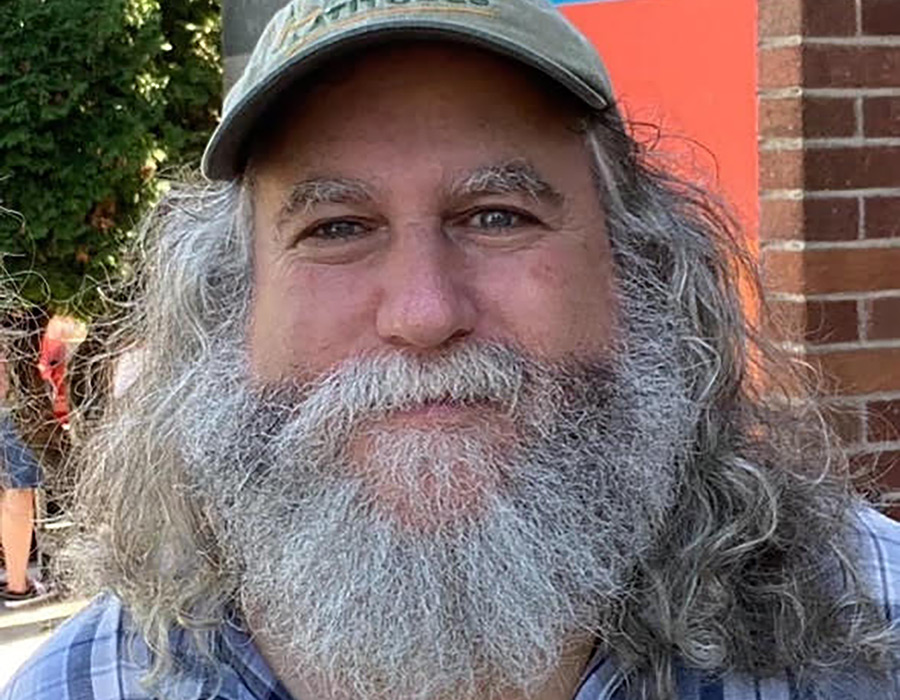

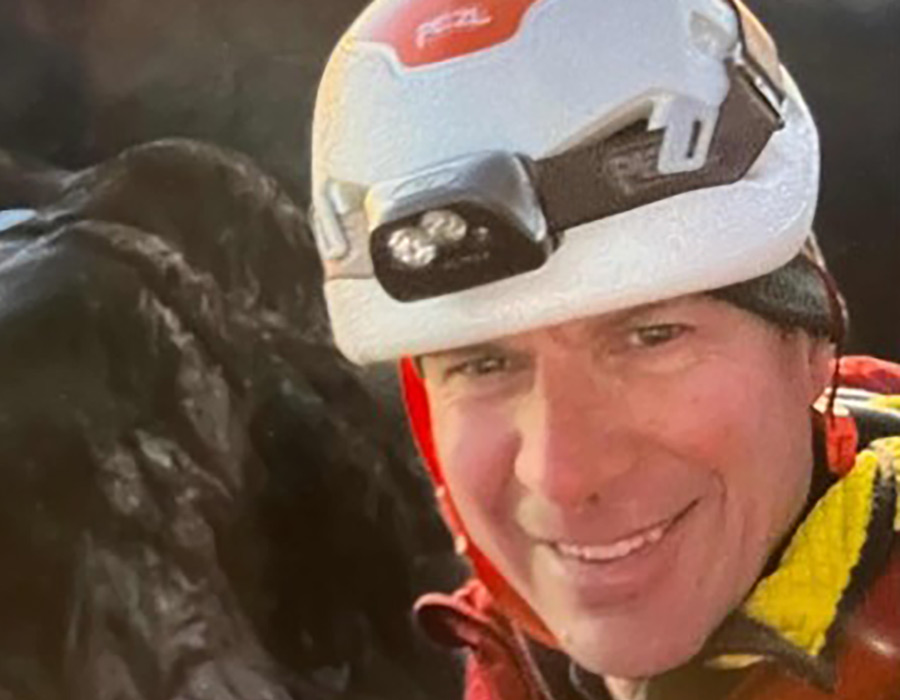
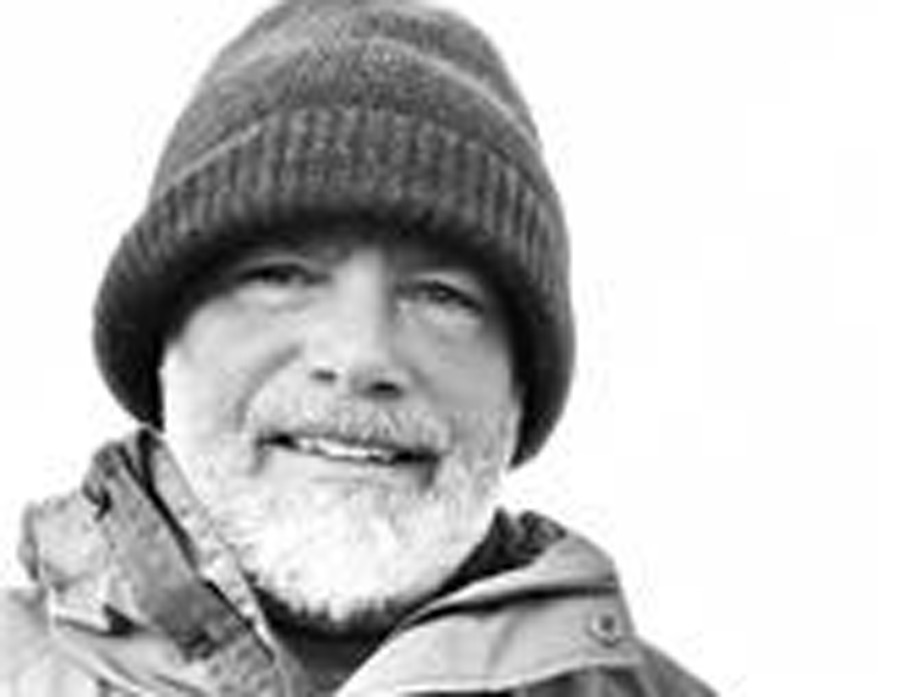
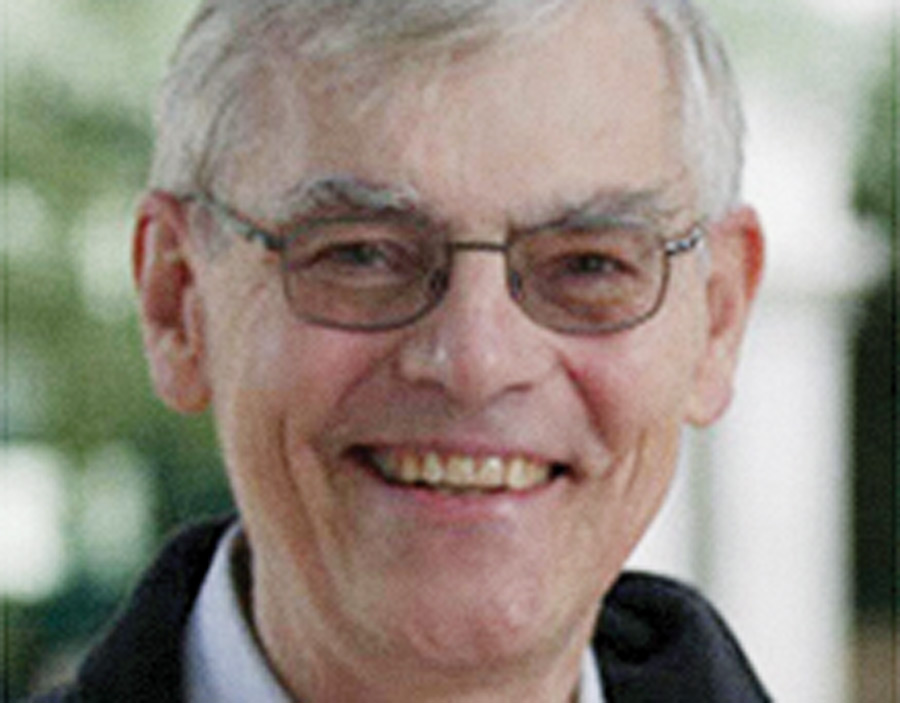
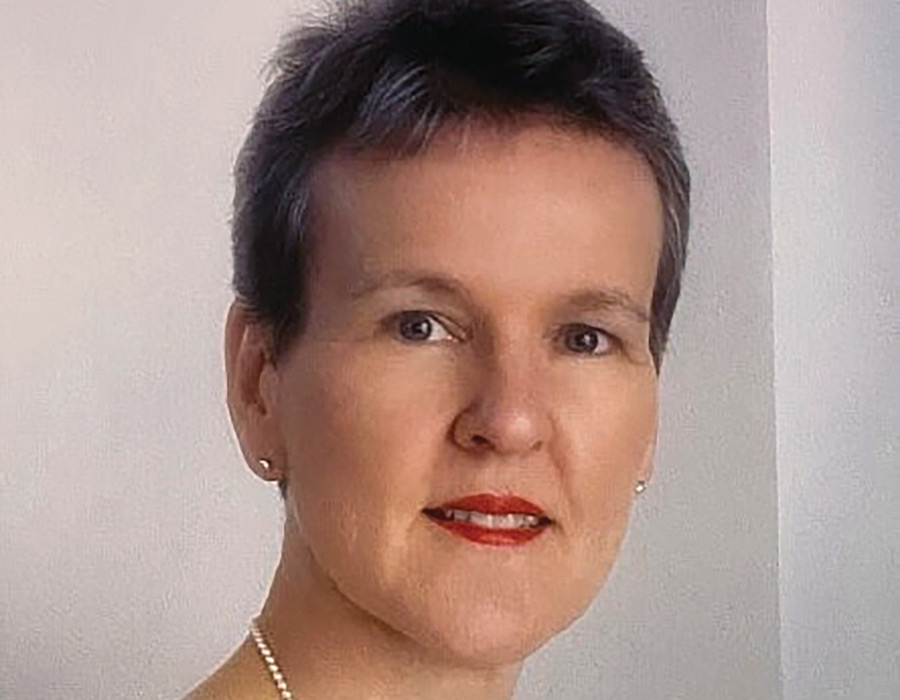
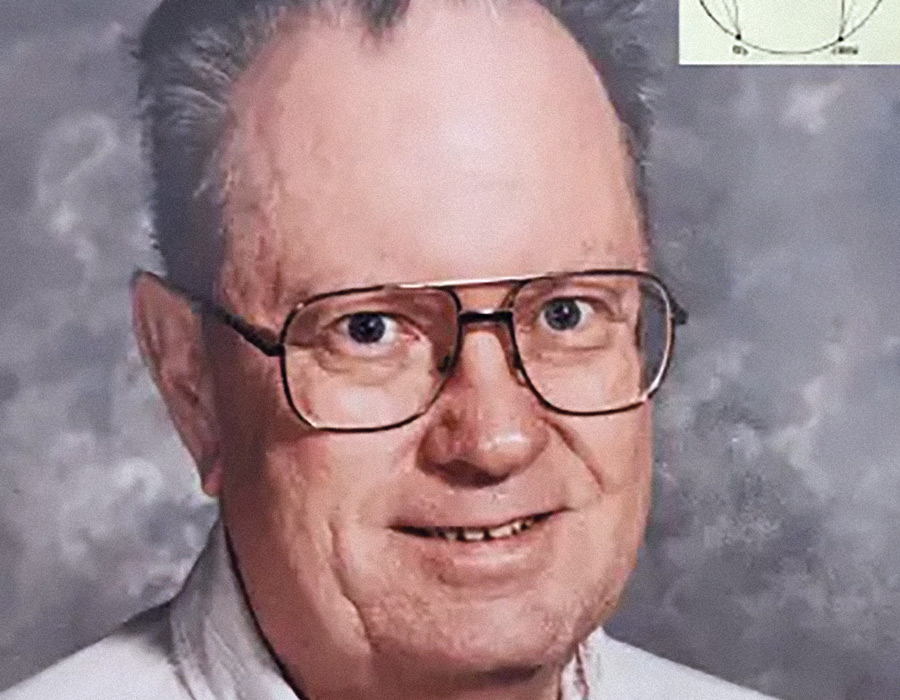
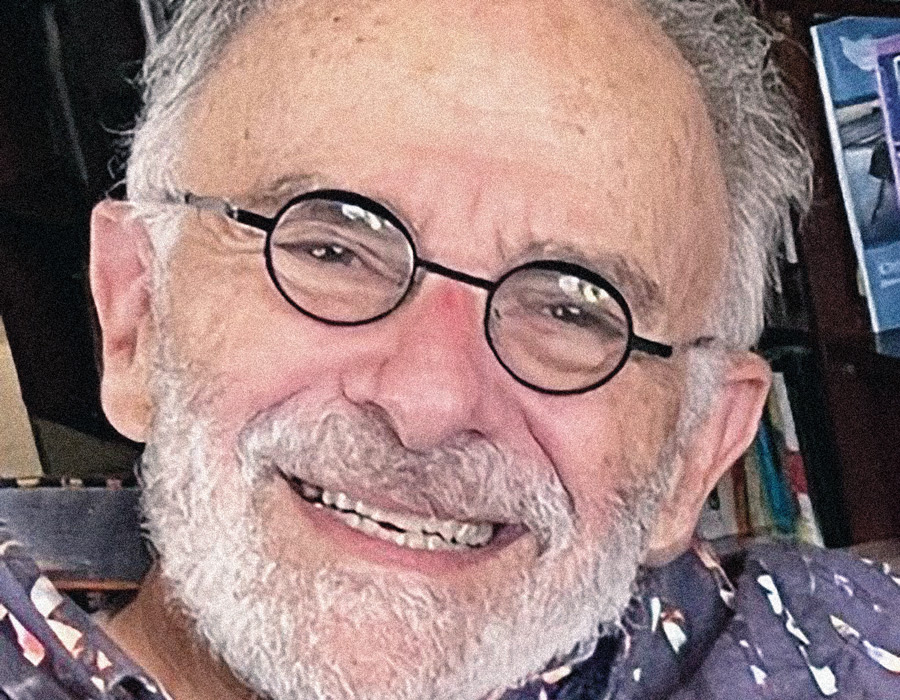
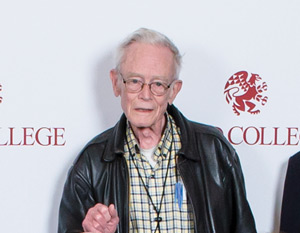
![Photo of Prof. Laurens Ruben [biology 1955–92]](https://www.reed.edu/reed-magazine/in-memoriam/assets/images/Larry-Ruben-copy.jpg)
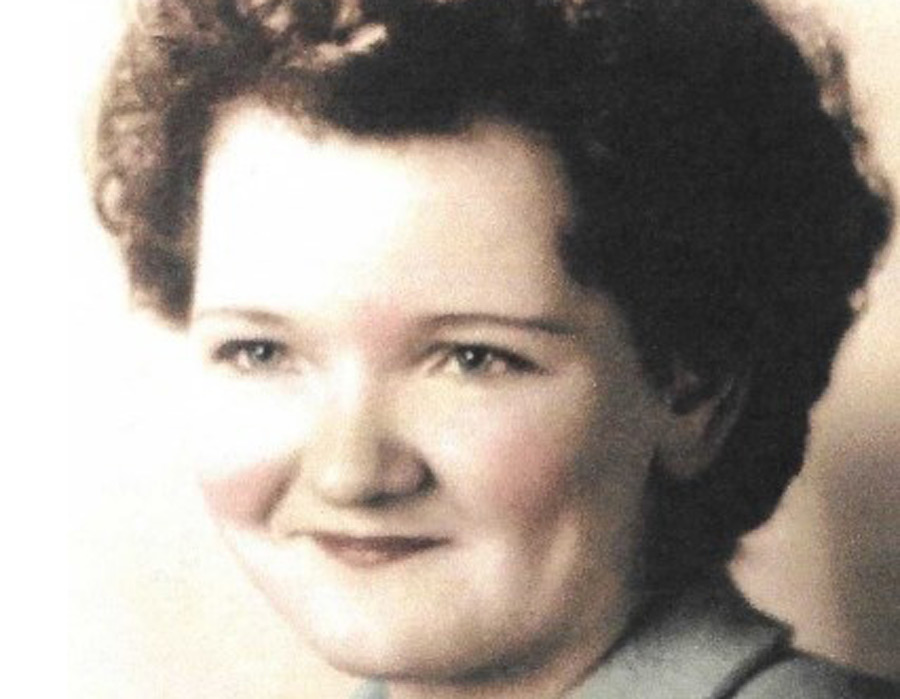
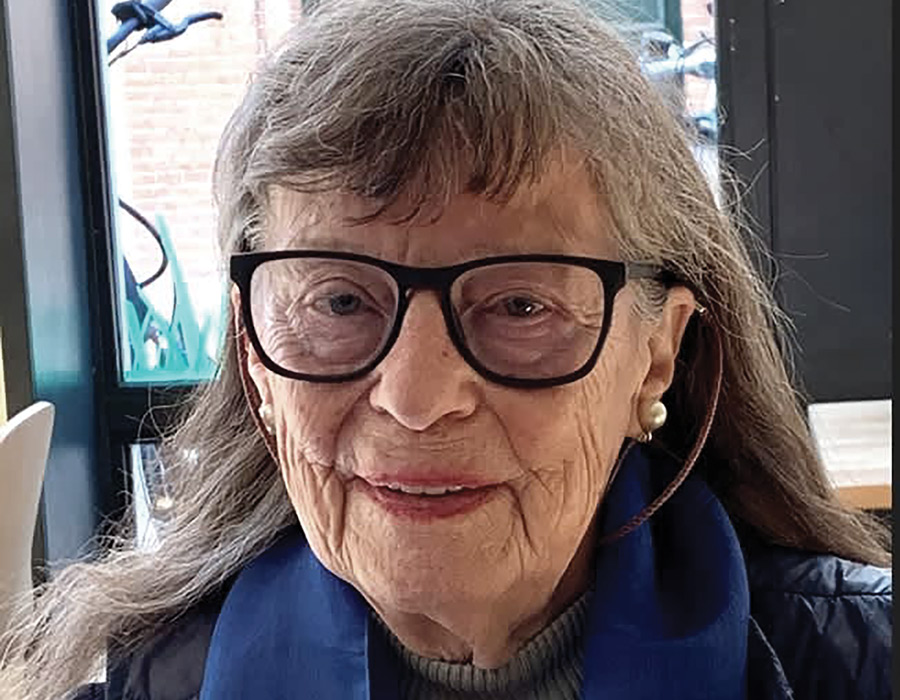
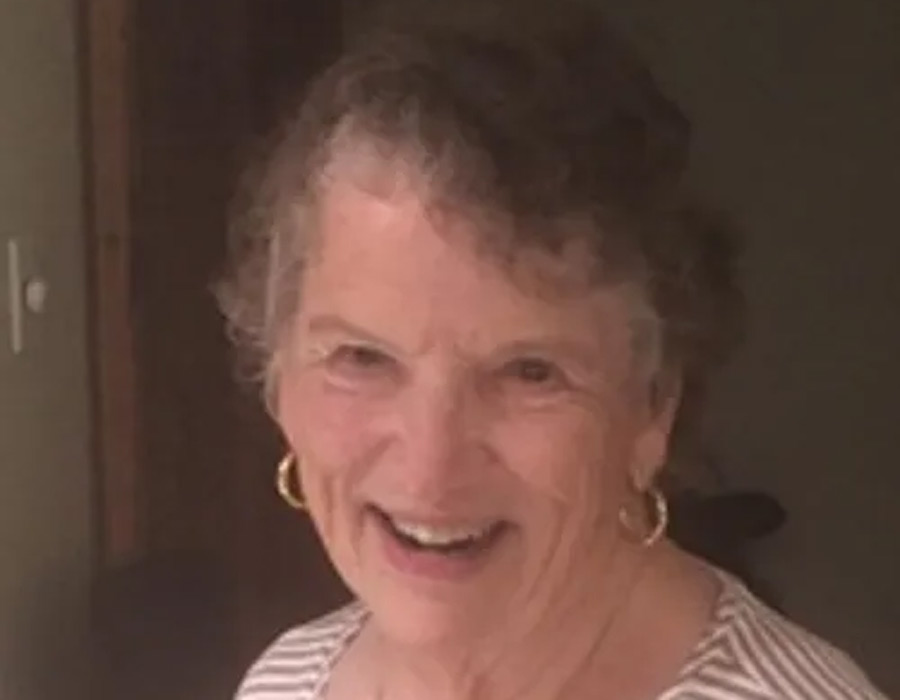
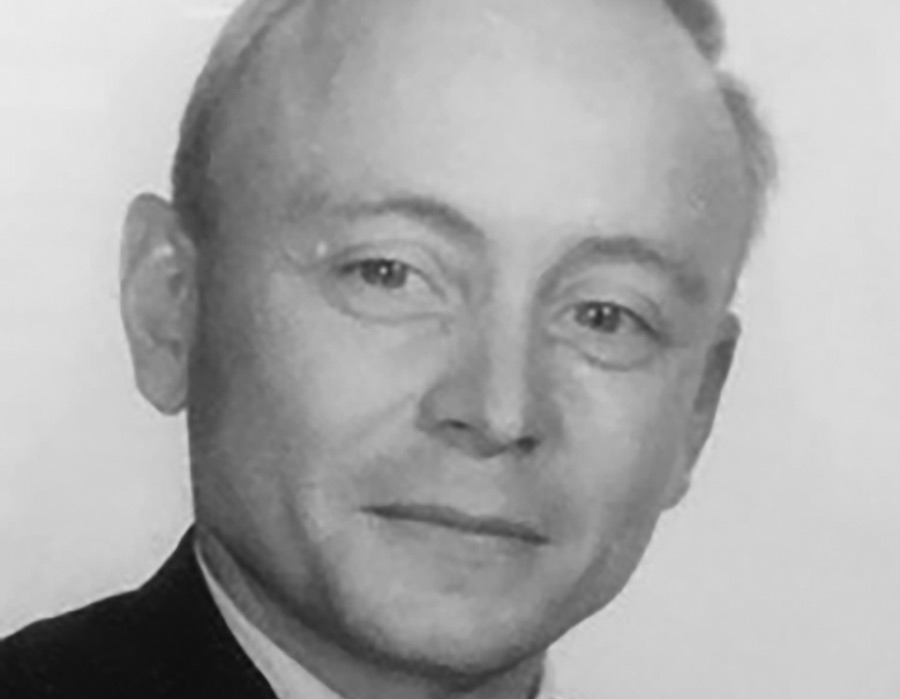
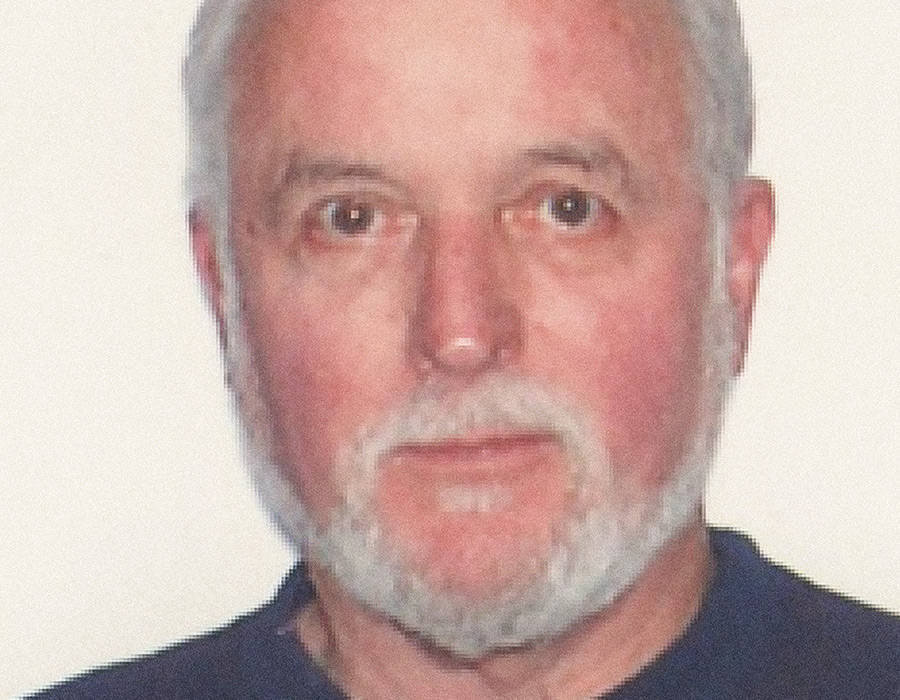
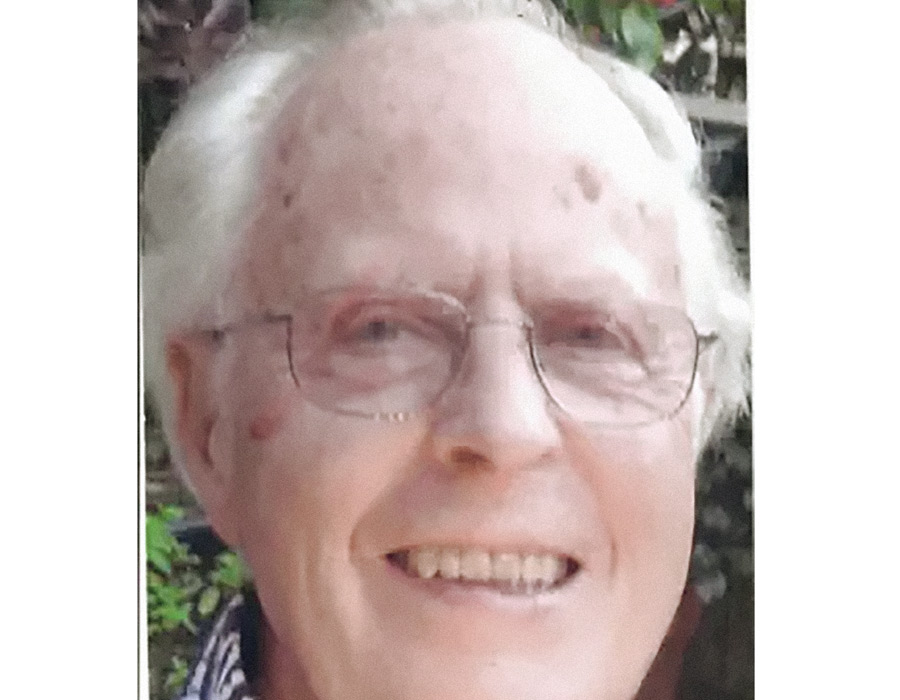
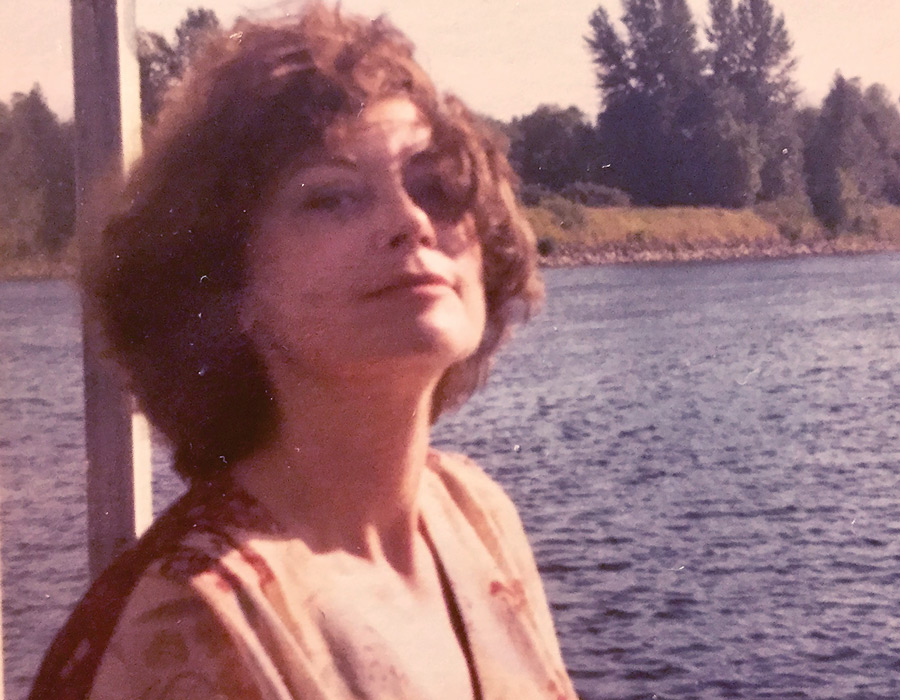
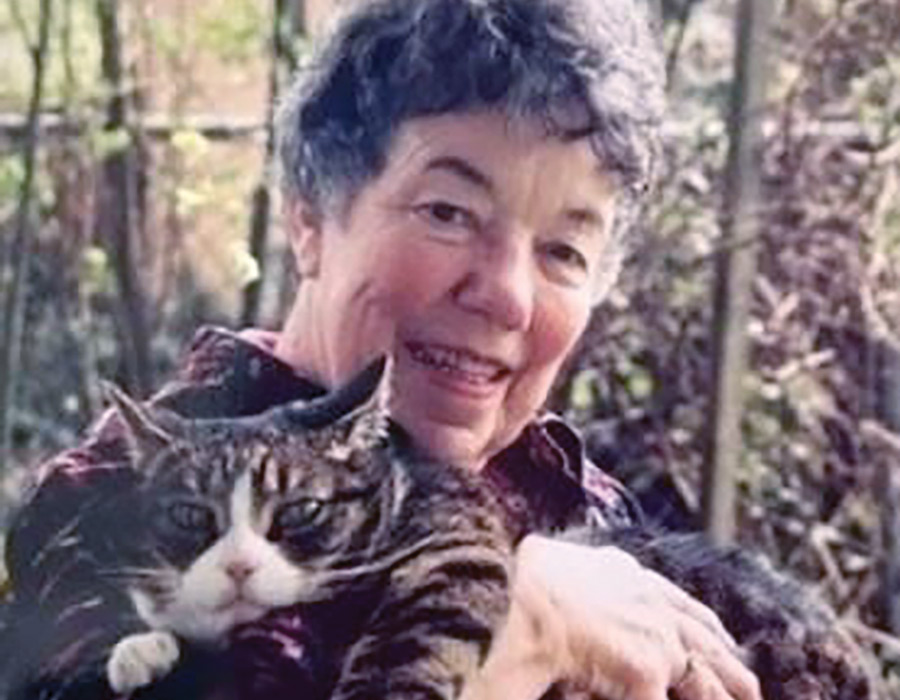
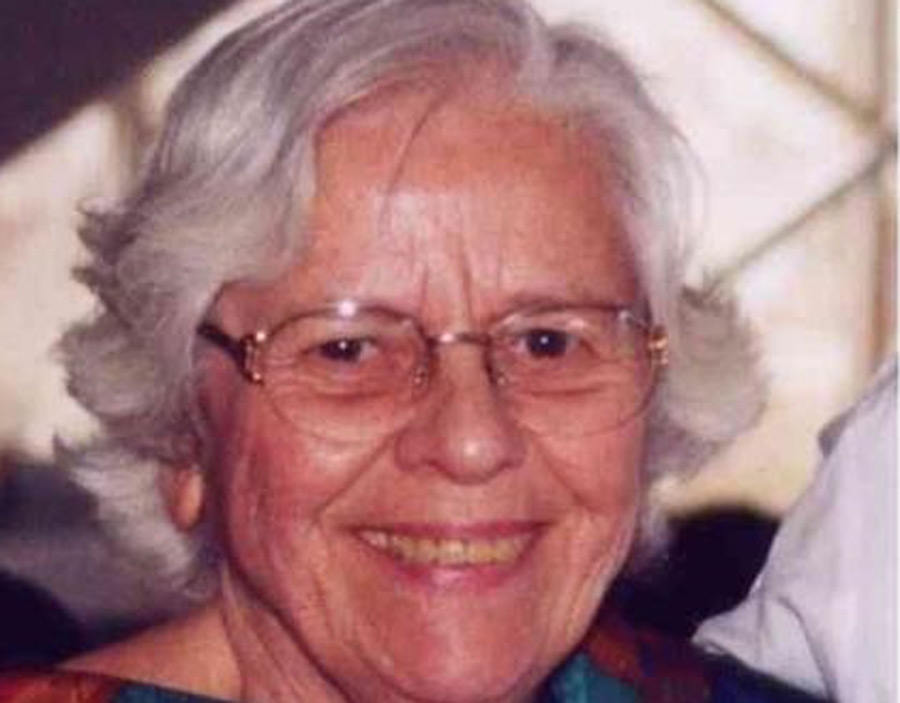
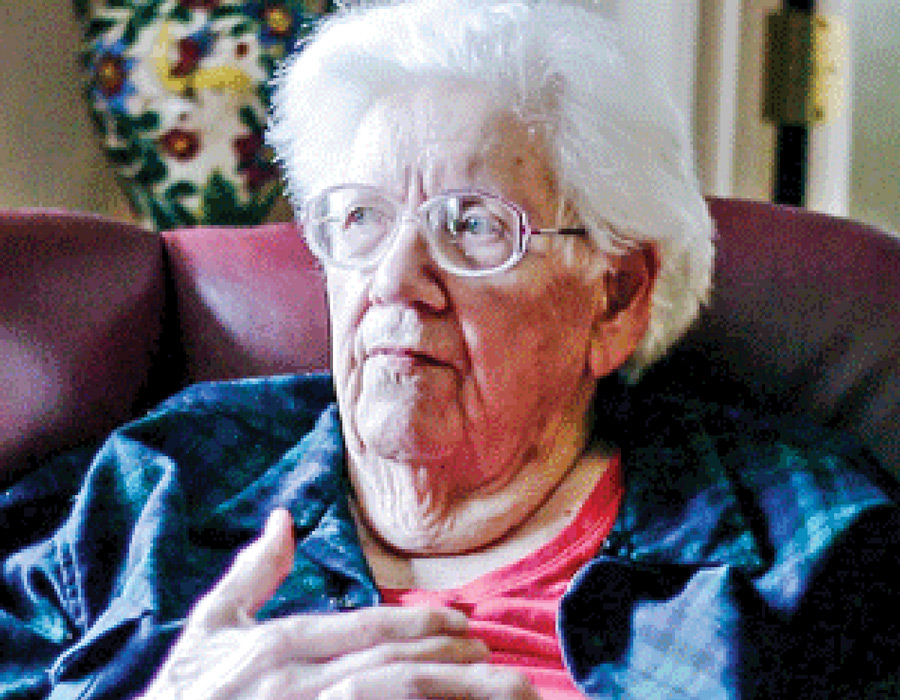
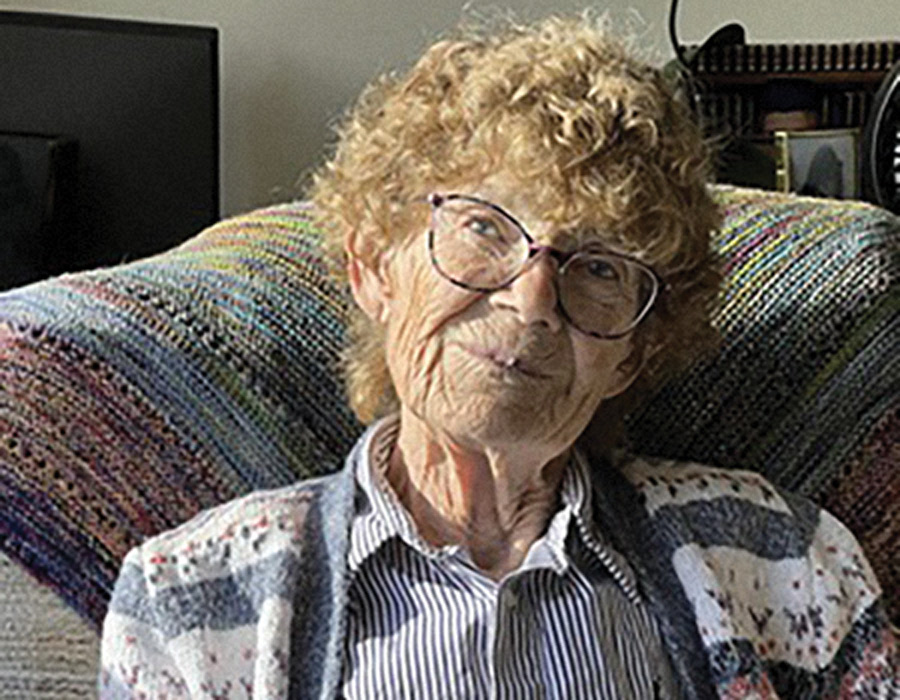
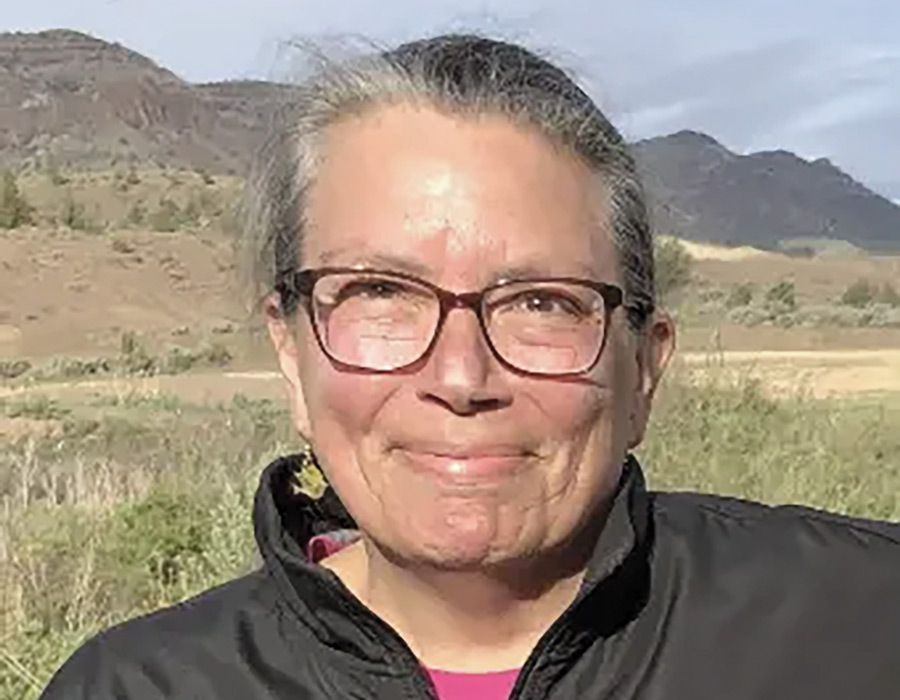
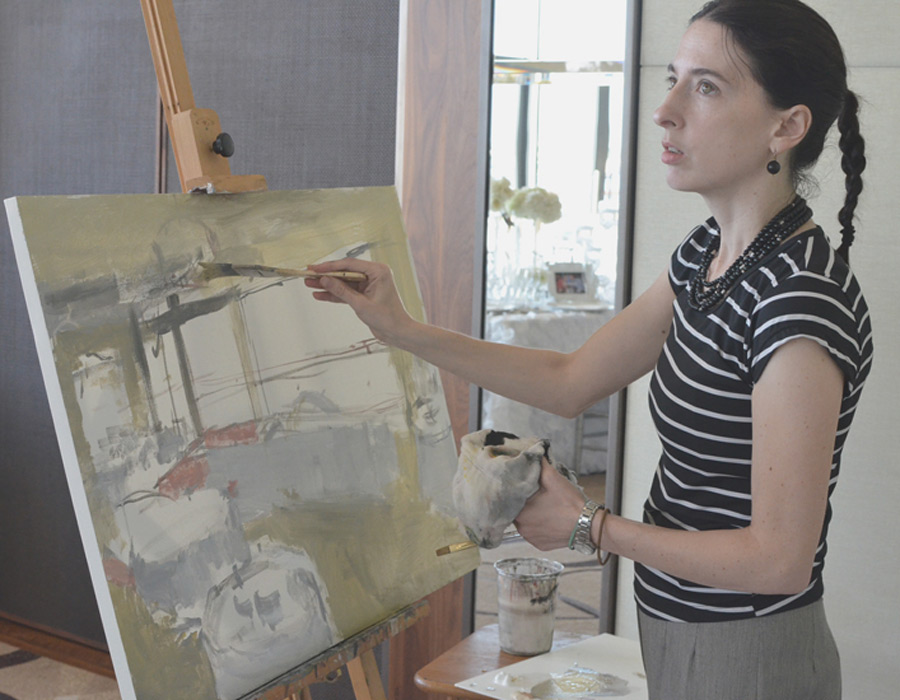
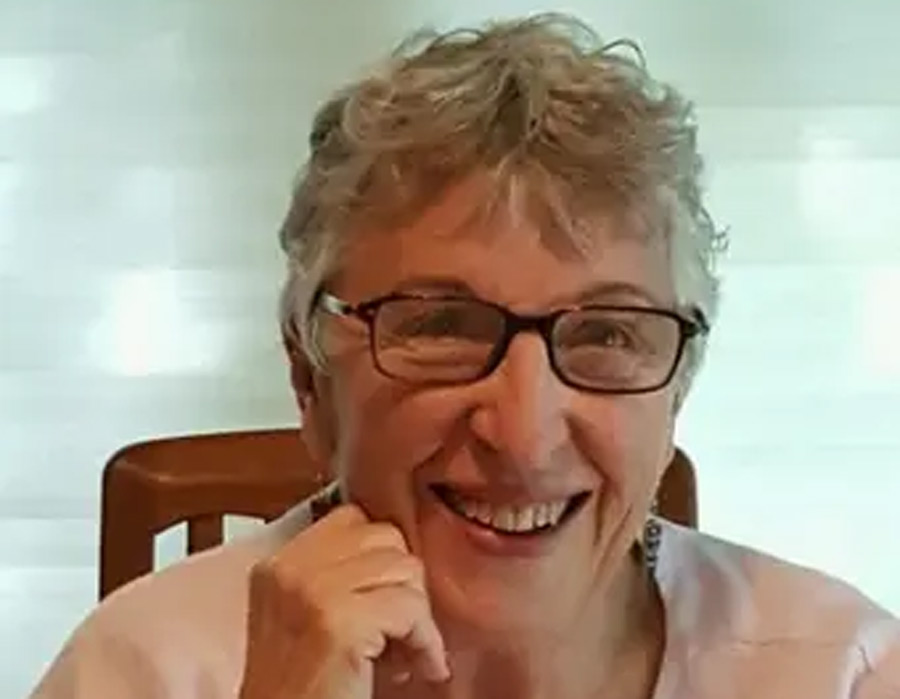

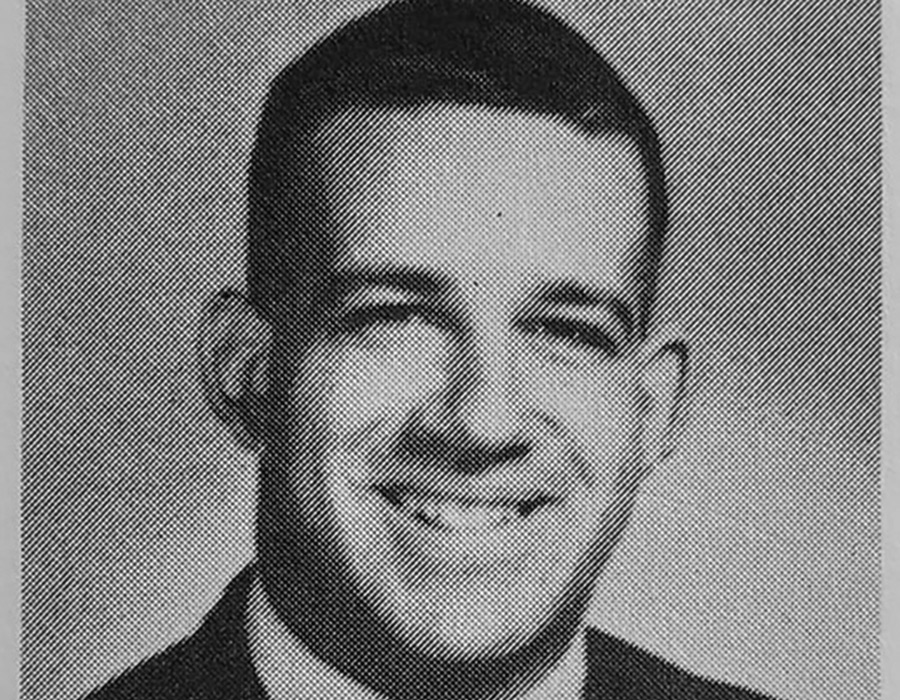
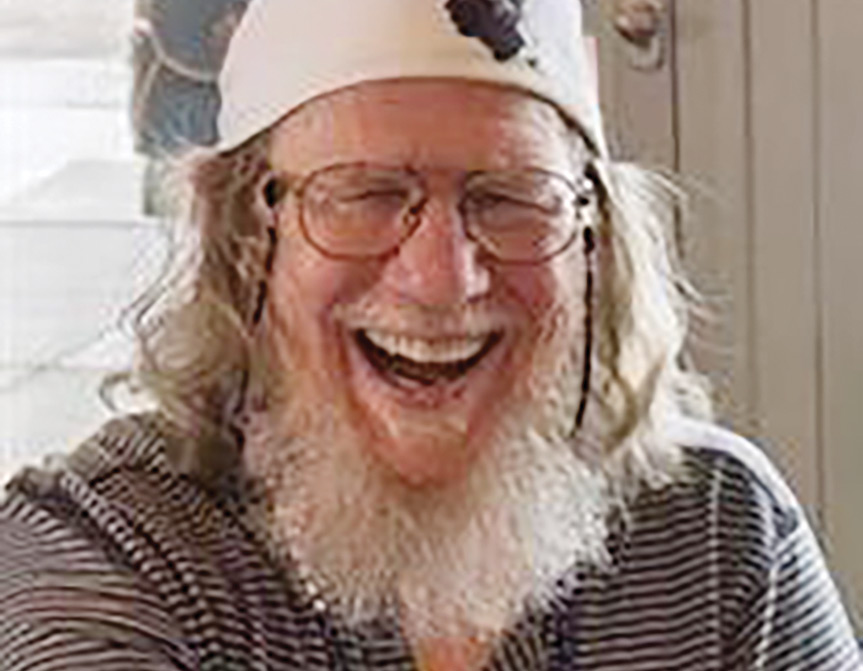
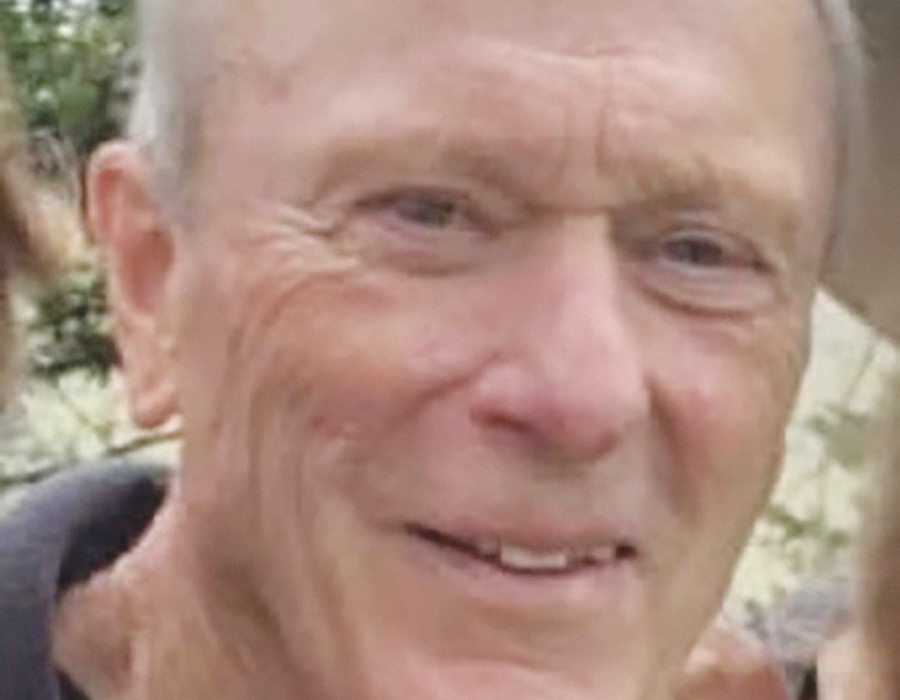
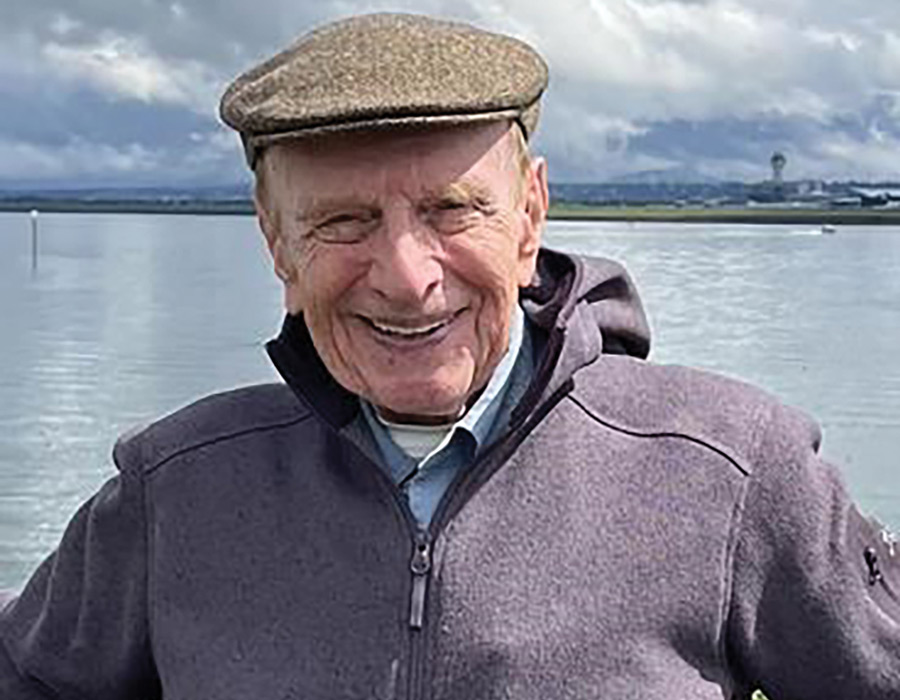
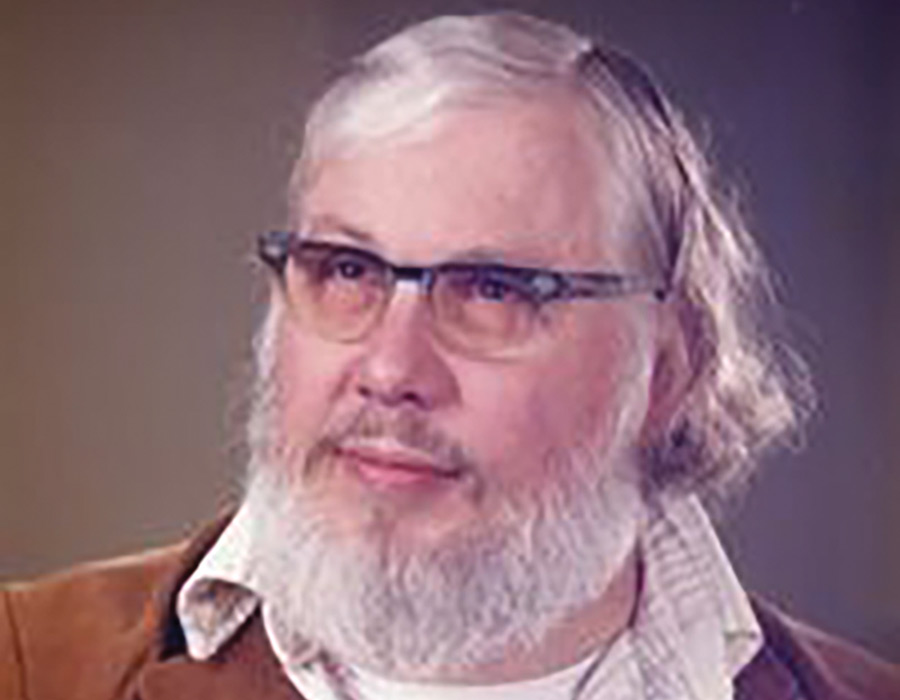
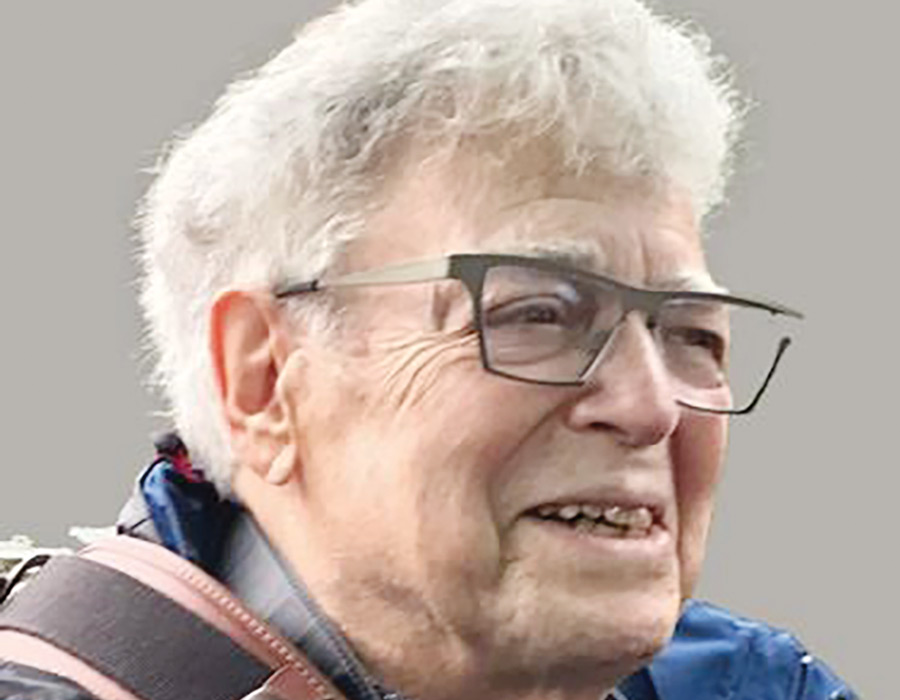
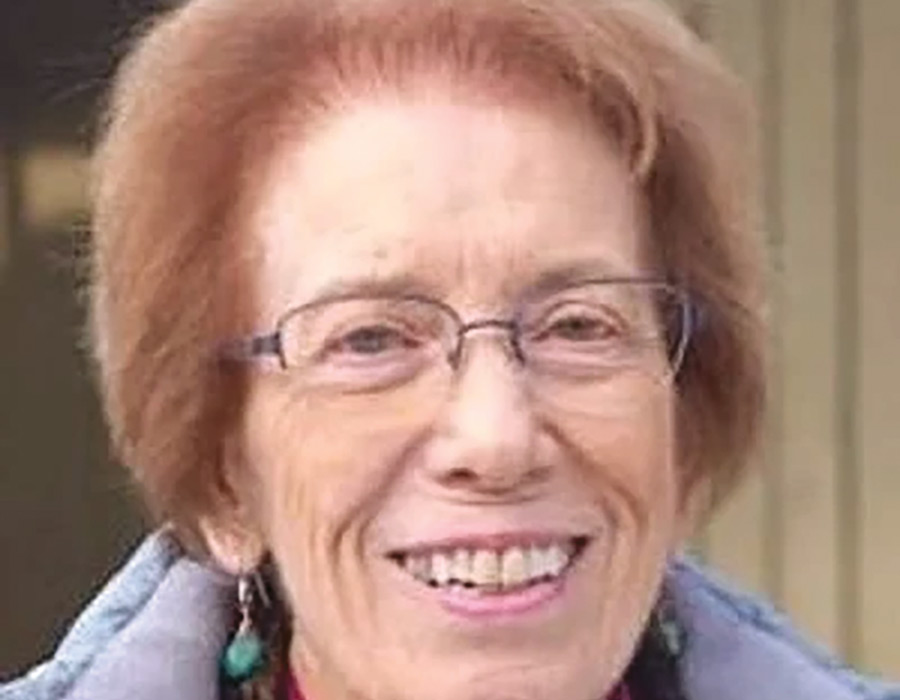
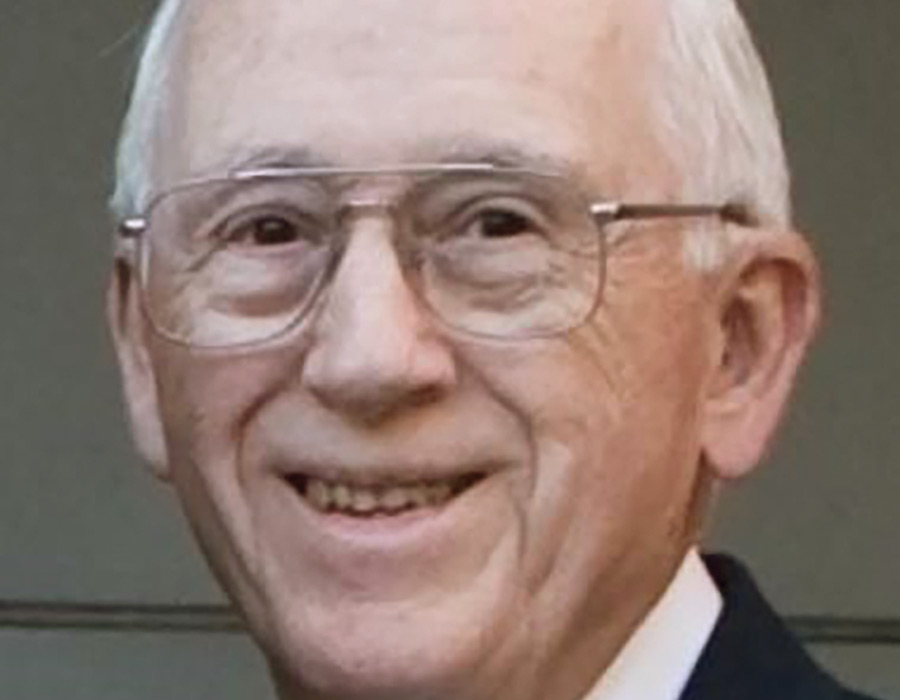
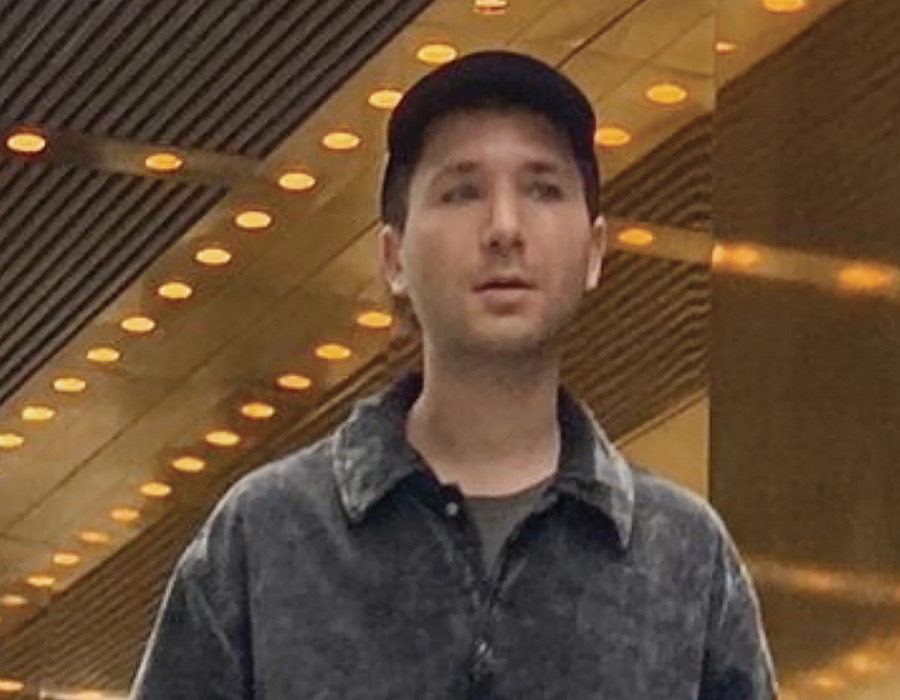
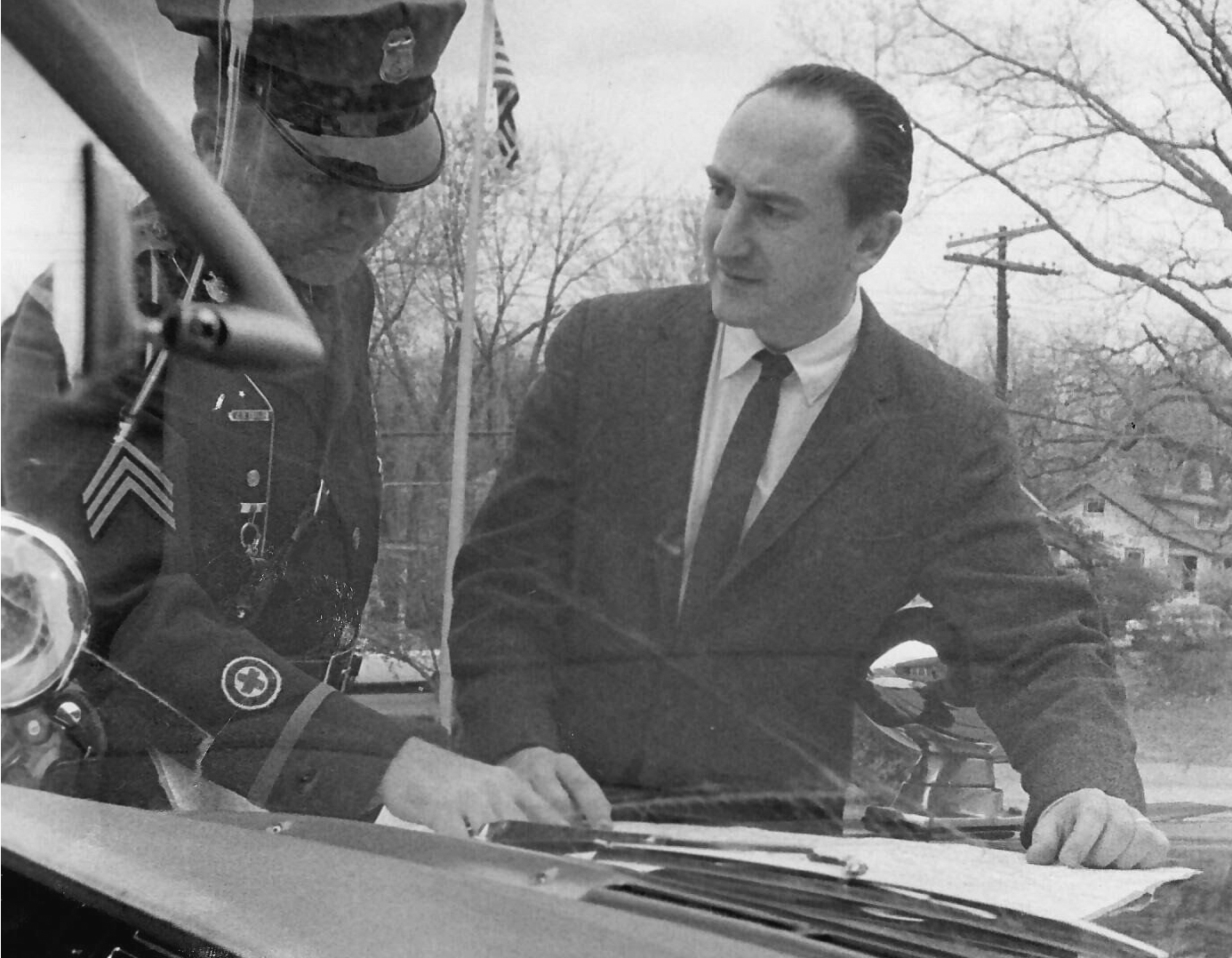
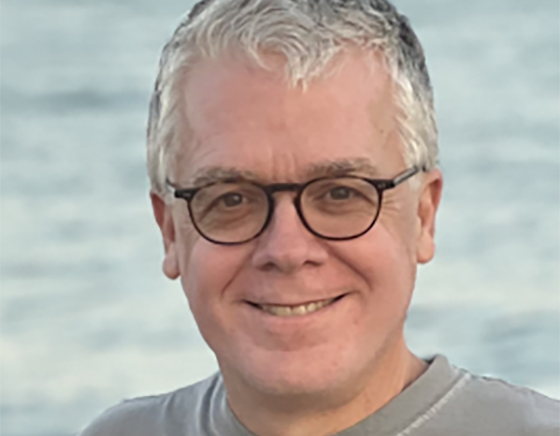
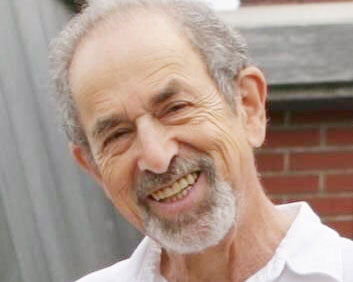
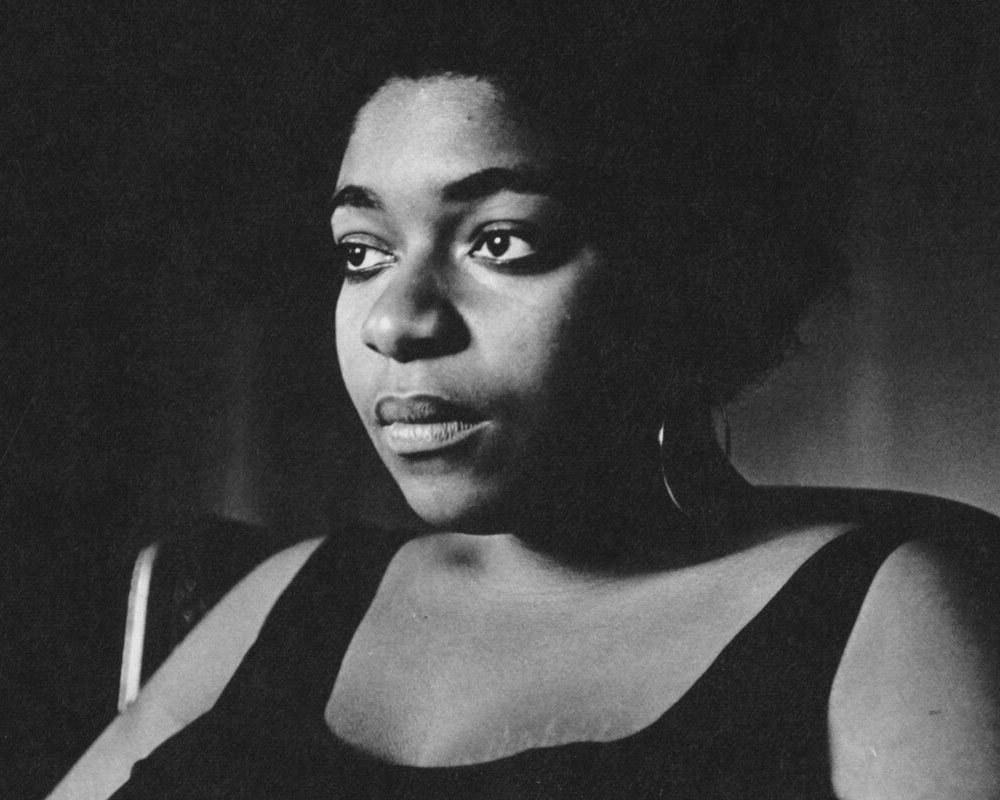


![Photo of Prof. Marvin Levich [philosophy 1953–94]](https://www.reed.edu/reed-magazine/in-memoriam/assets/images/2022/LTL-levich1.jpg)
![Photo of President Paul E. Bragdon [1971–88]](https://www.reed.edu/reed-magazine/in-memoriam/assets/images/2020/Bragdon.jpg)
![Photo of Prof. Edward Barton Segel [history 1973–2011]](https://www.reed.edu/reed-magazine/in-memoriam/assets/images/2020/Segel.jpg)








































































